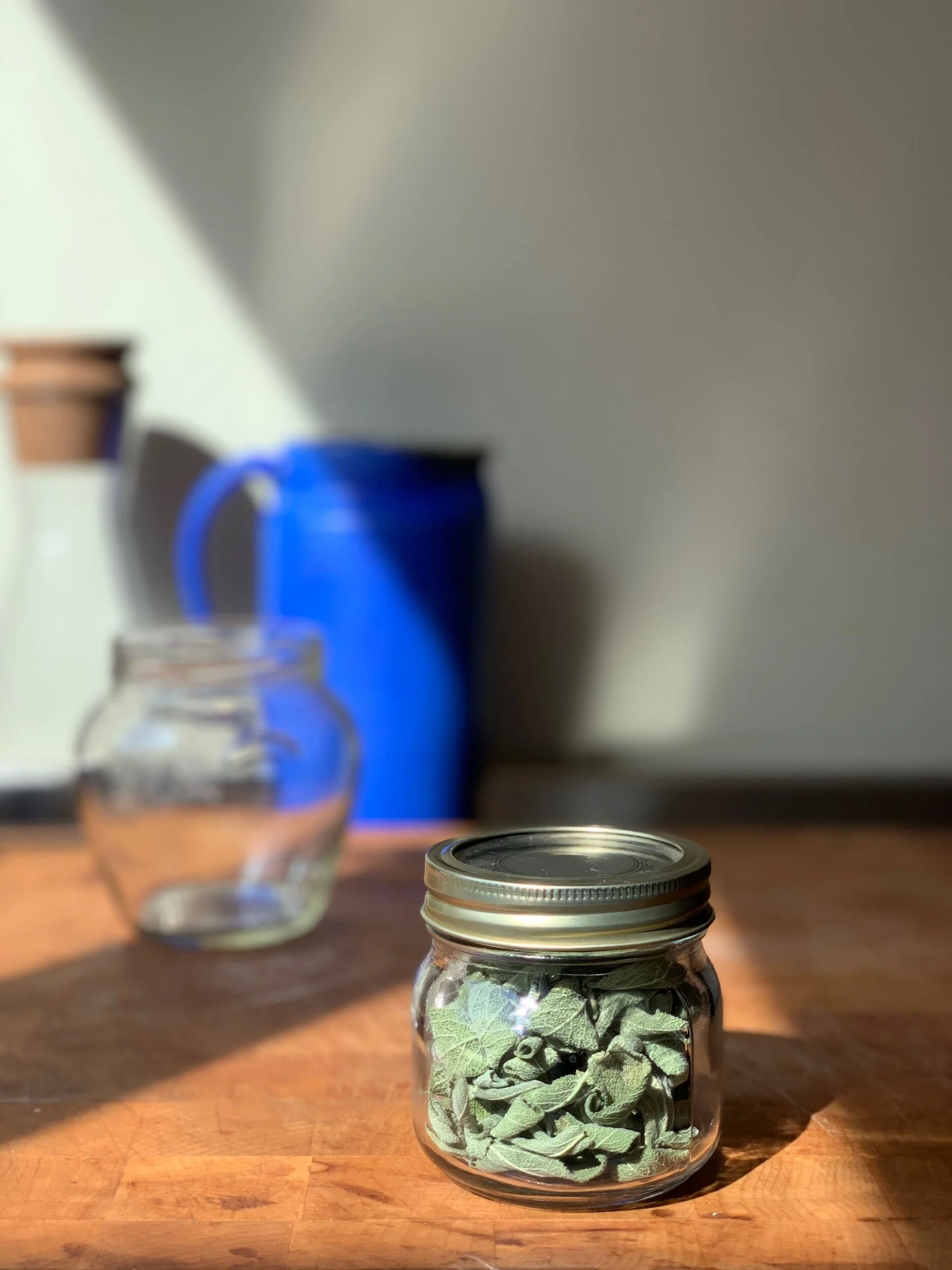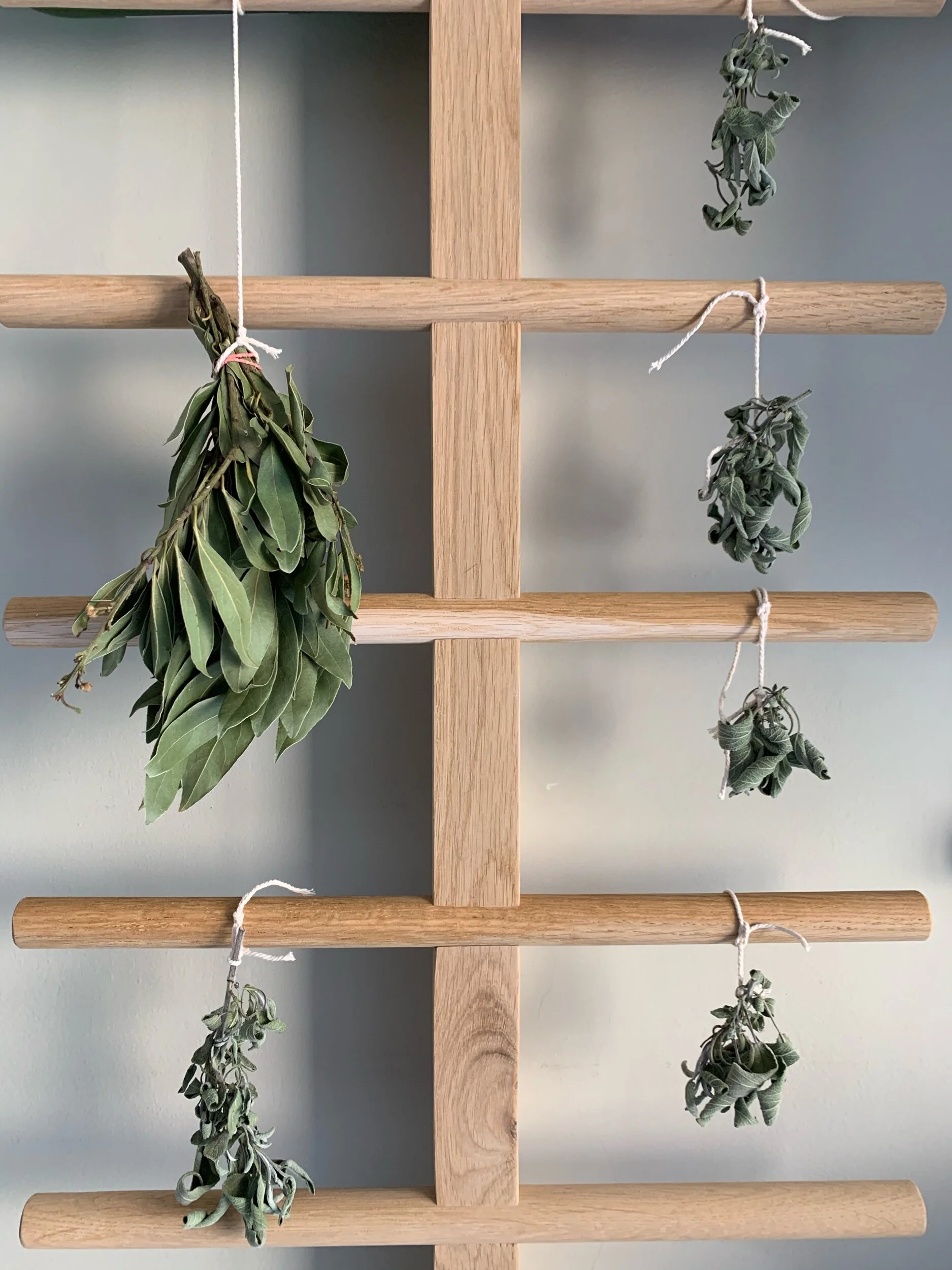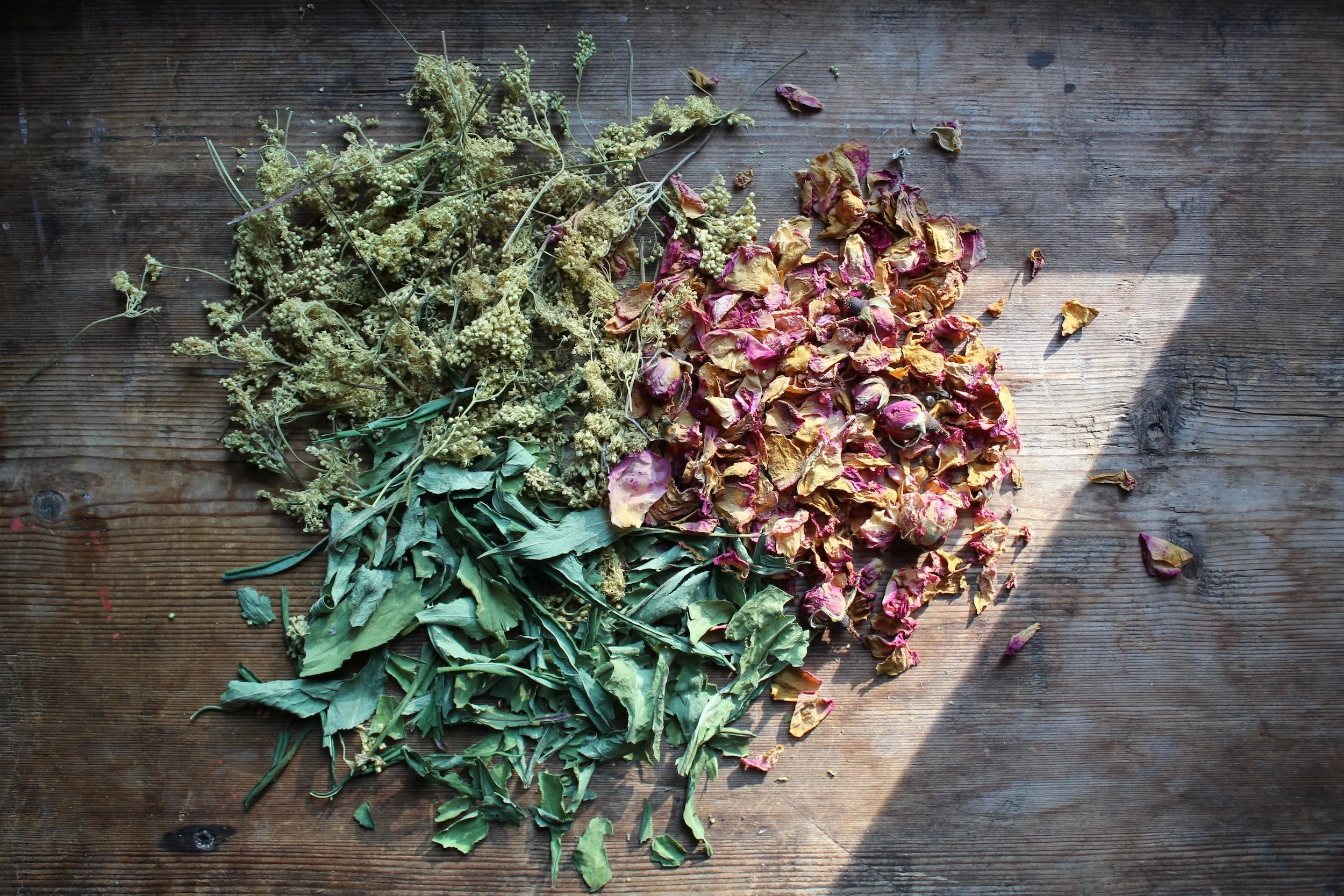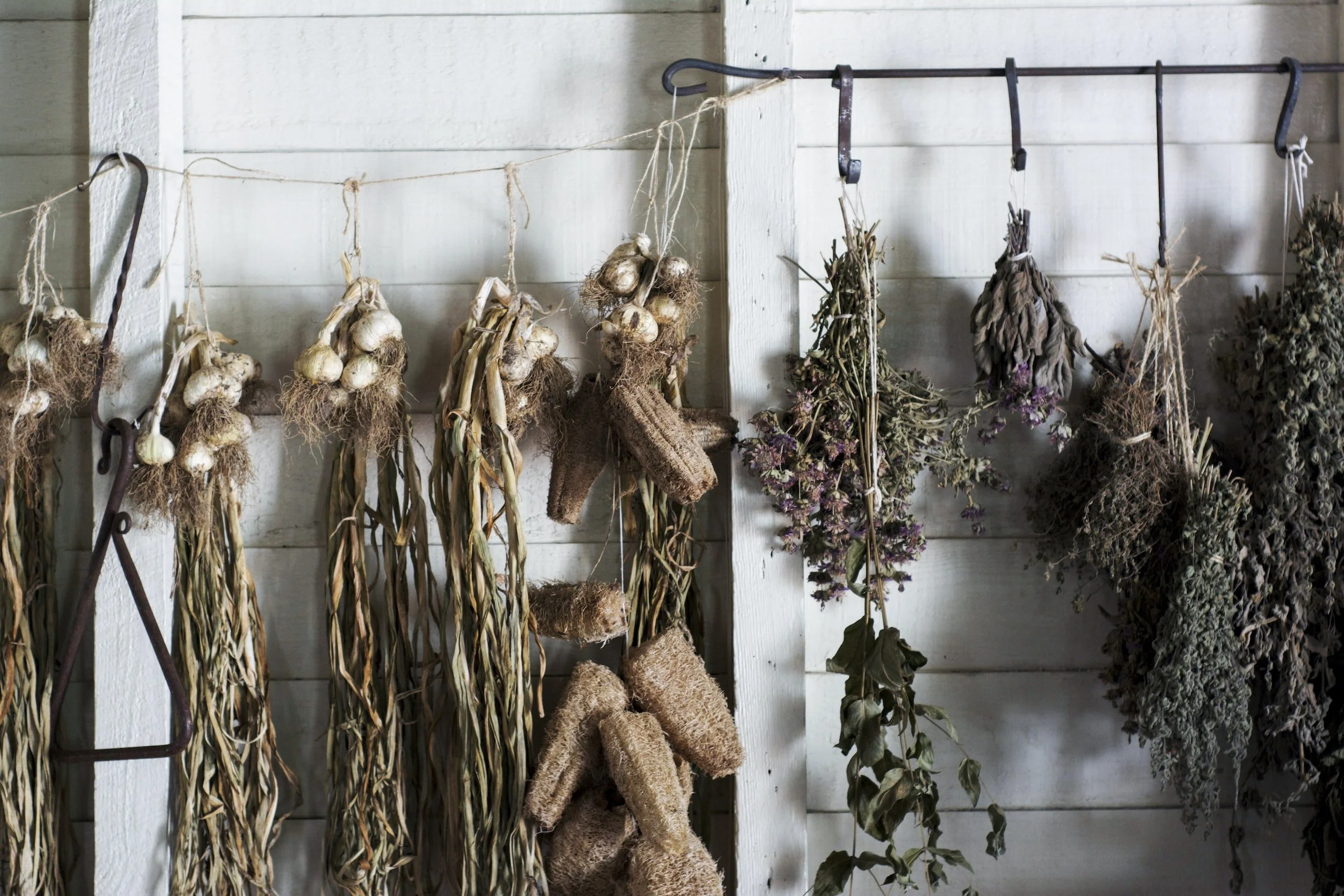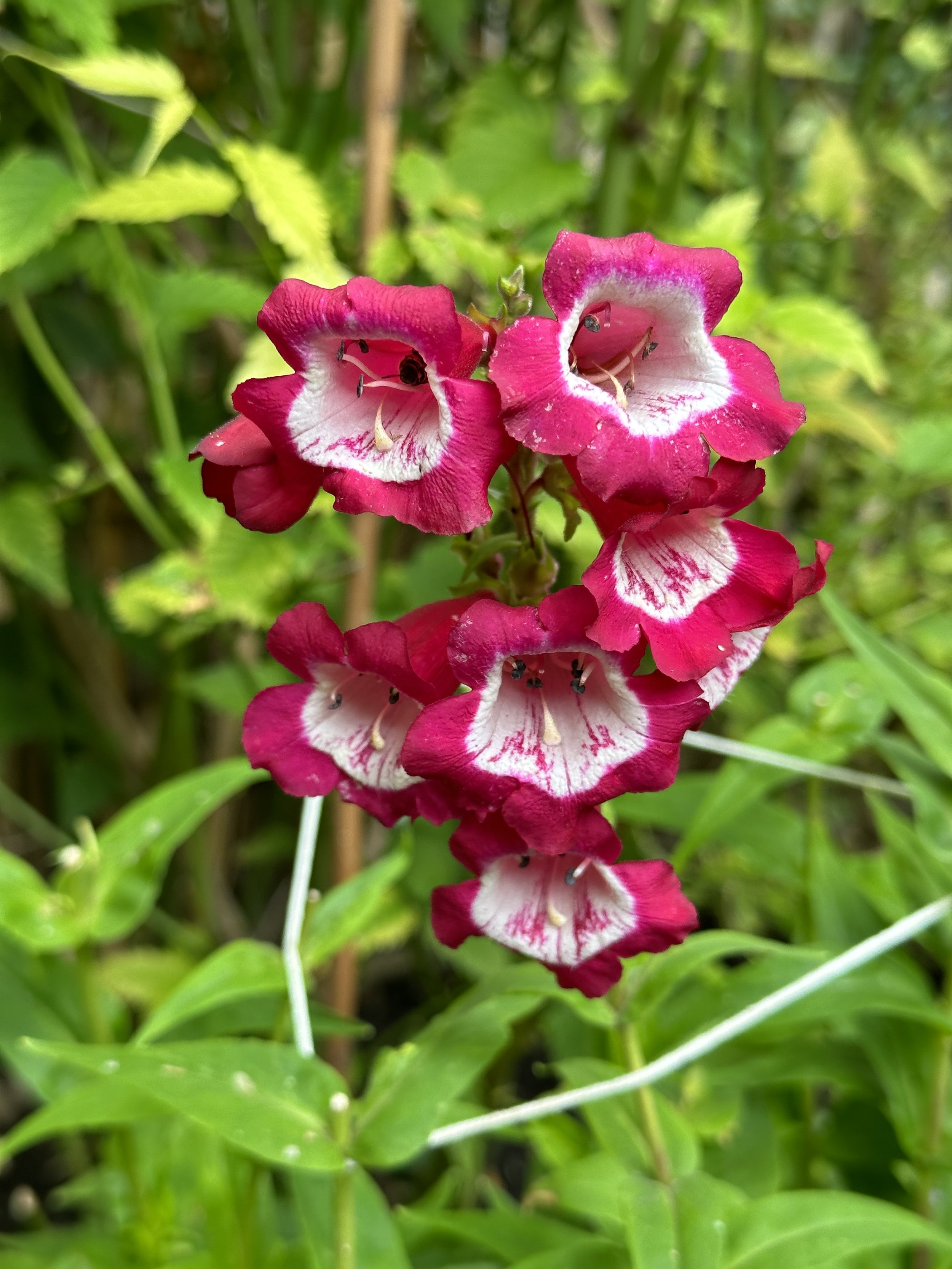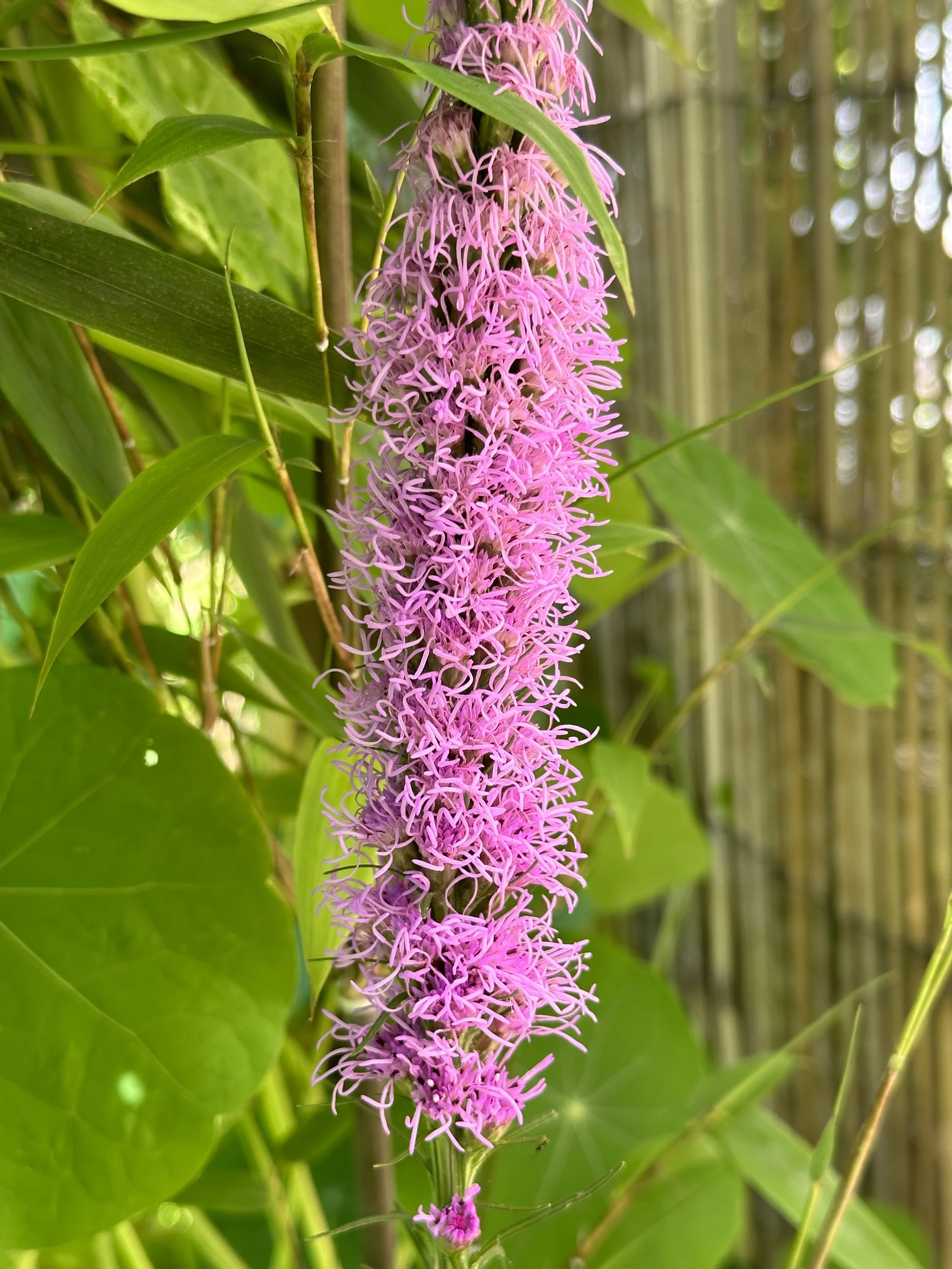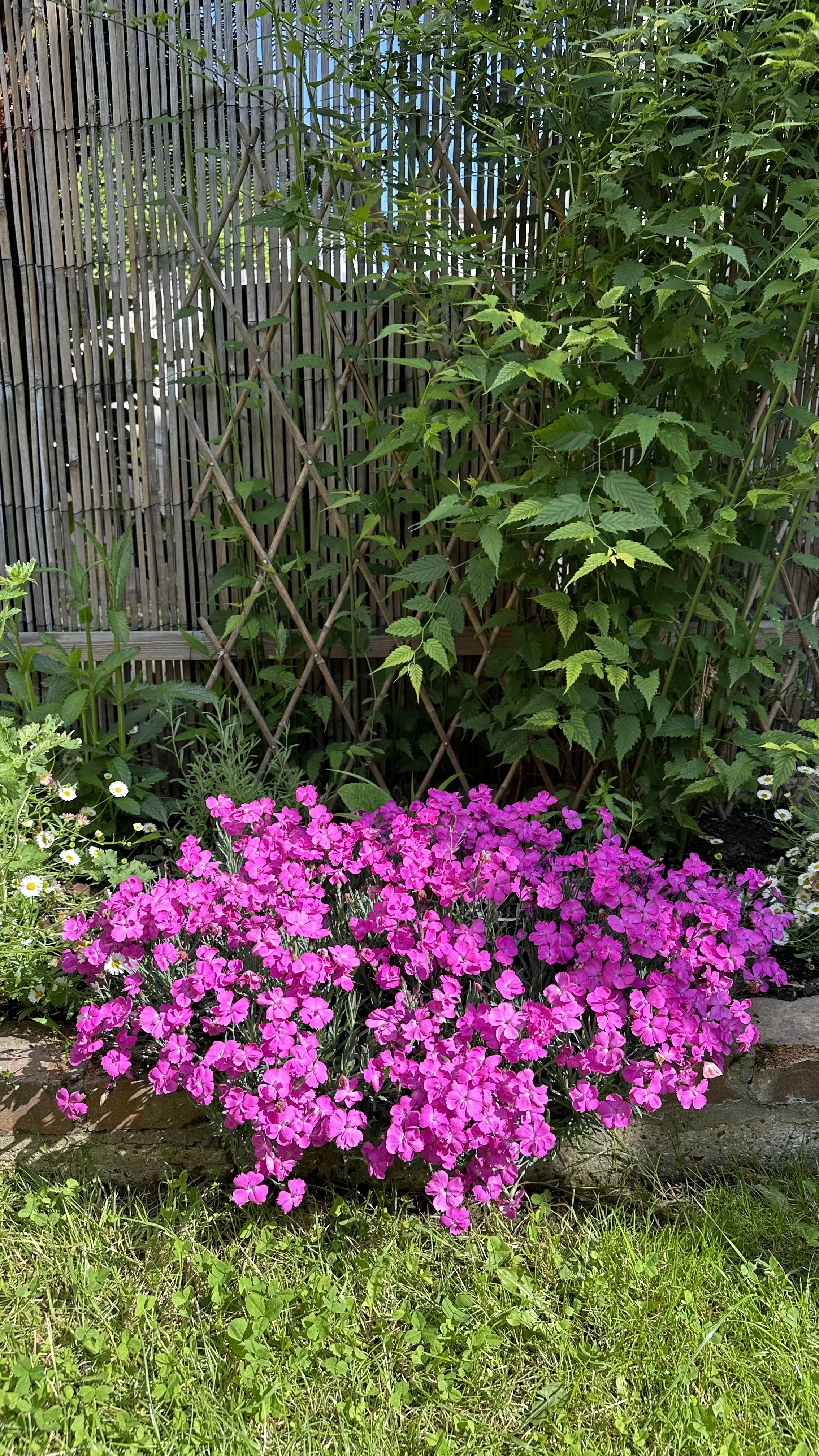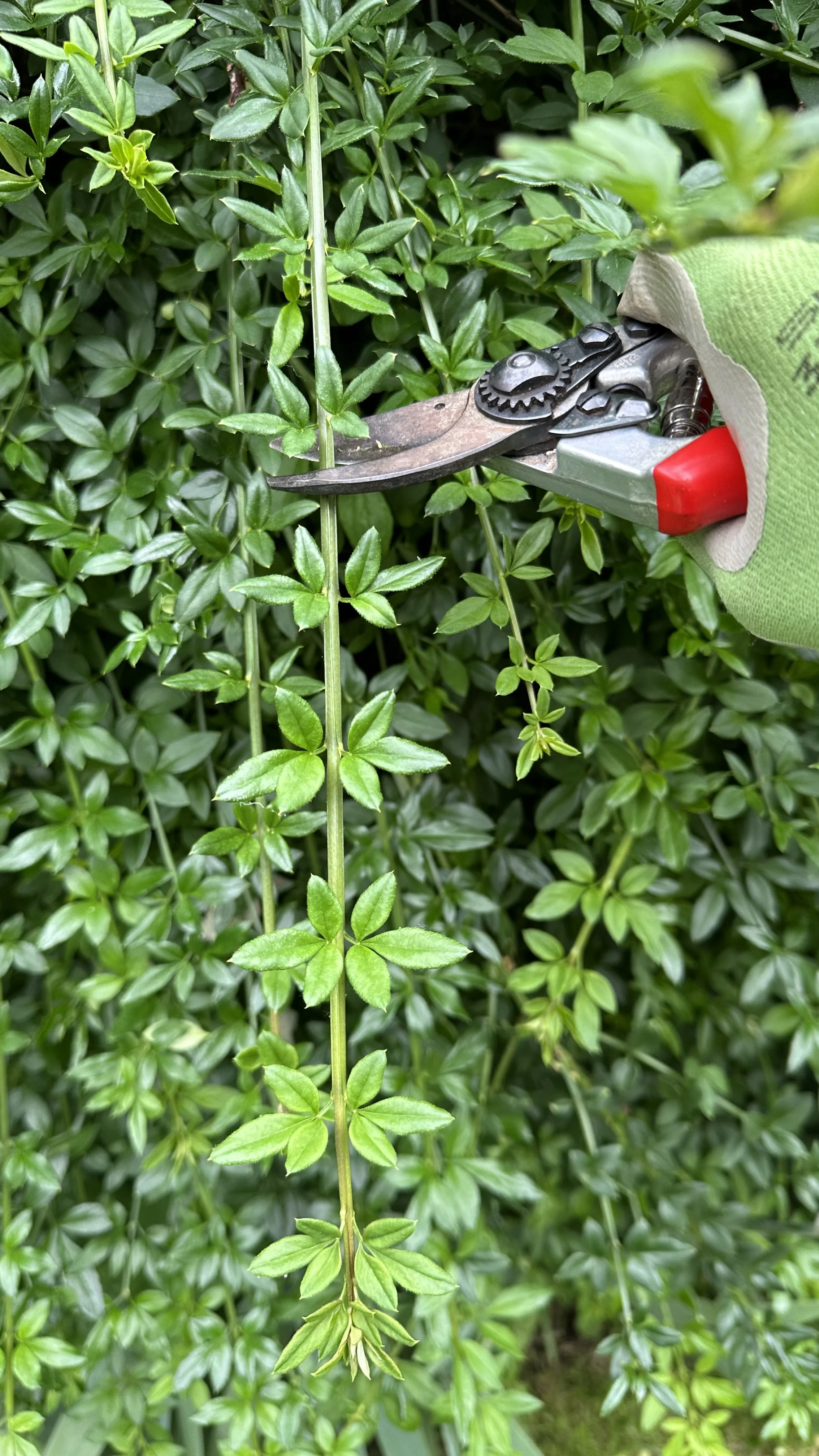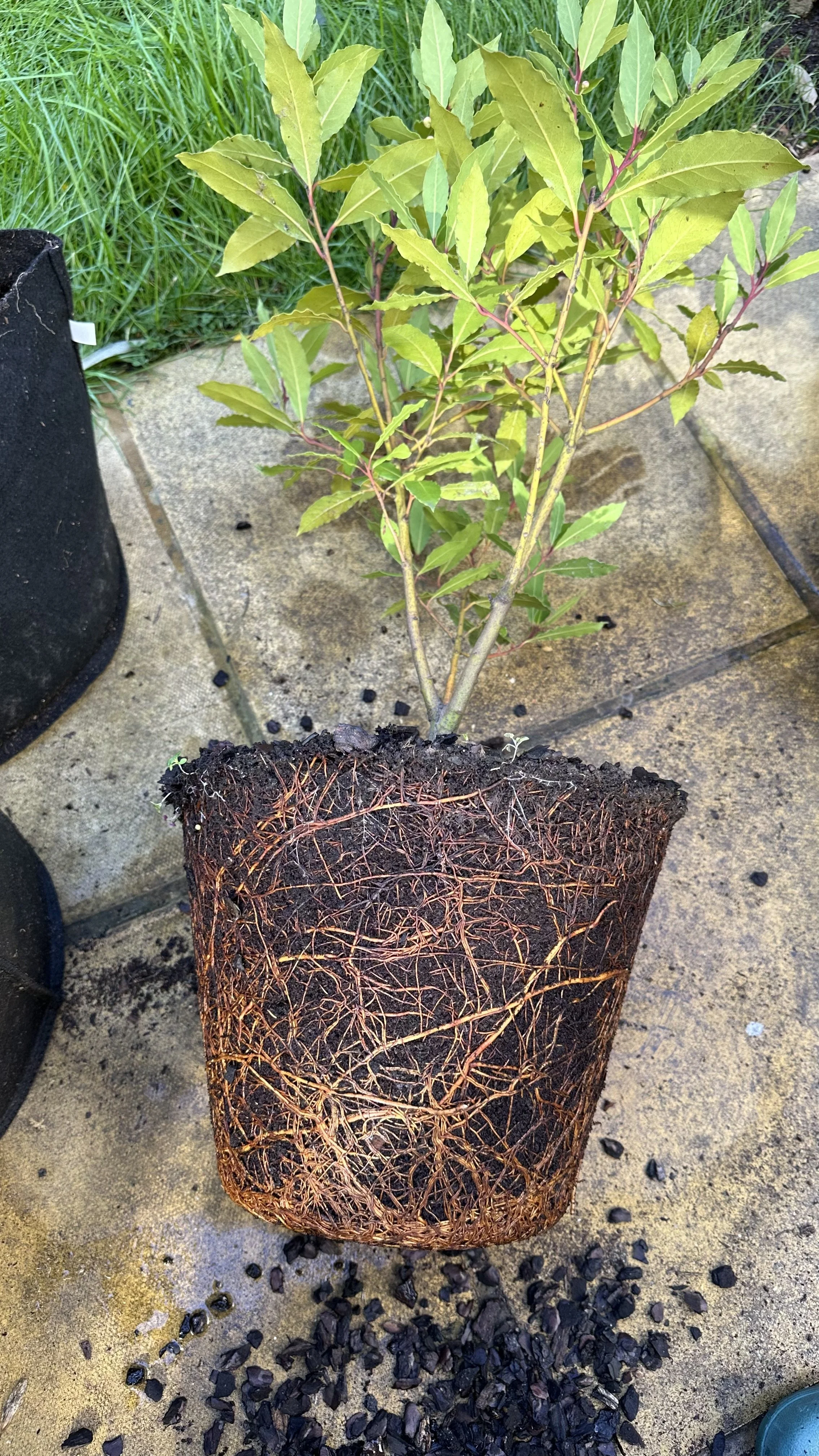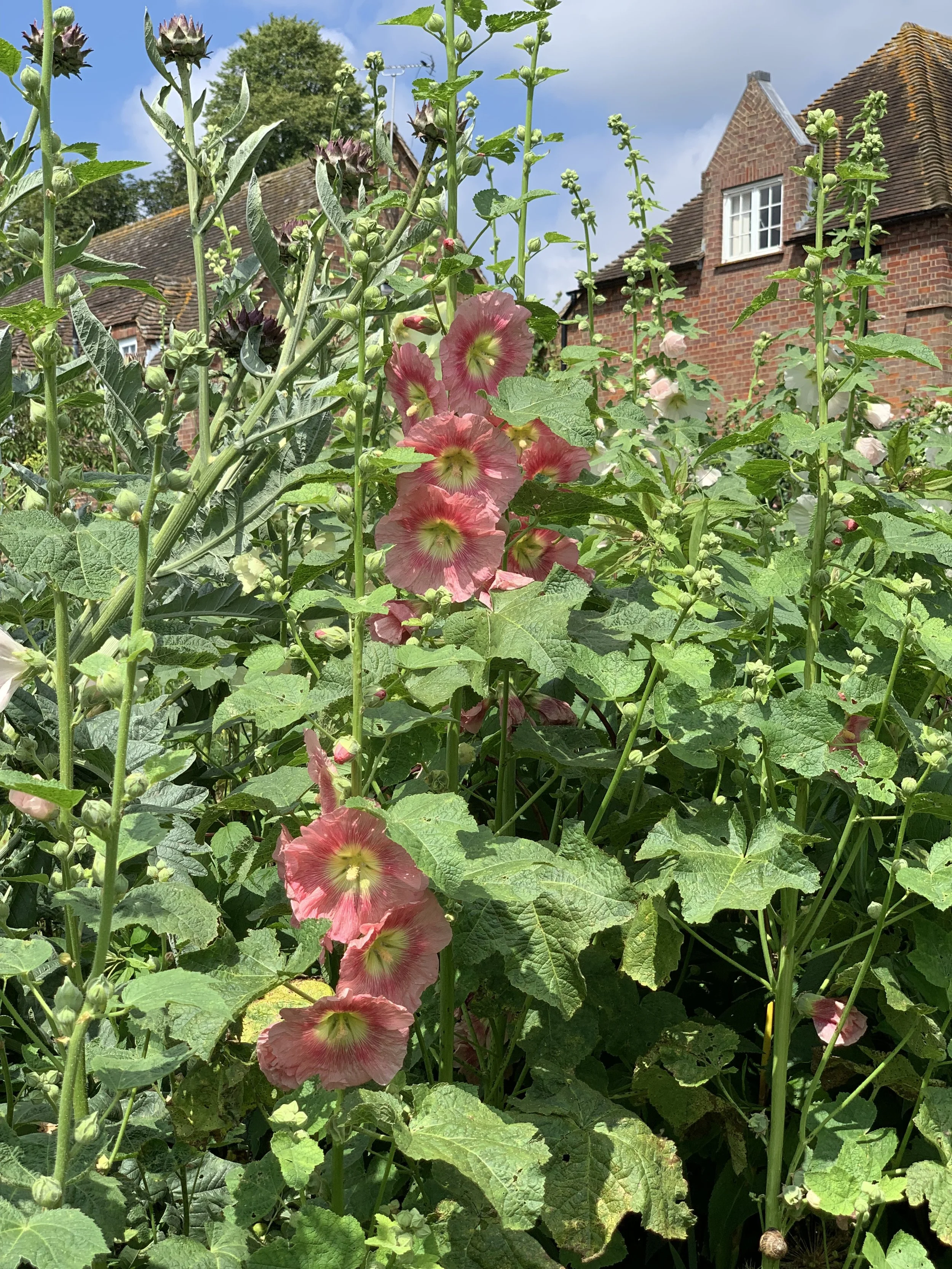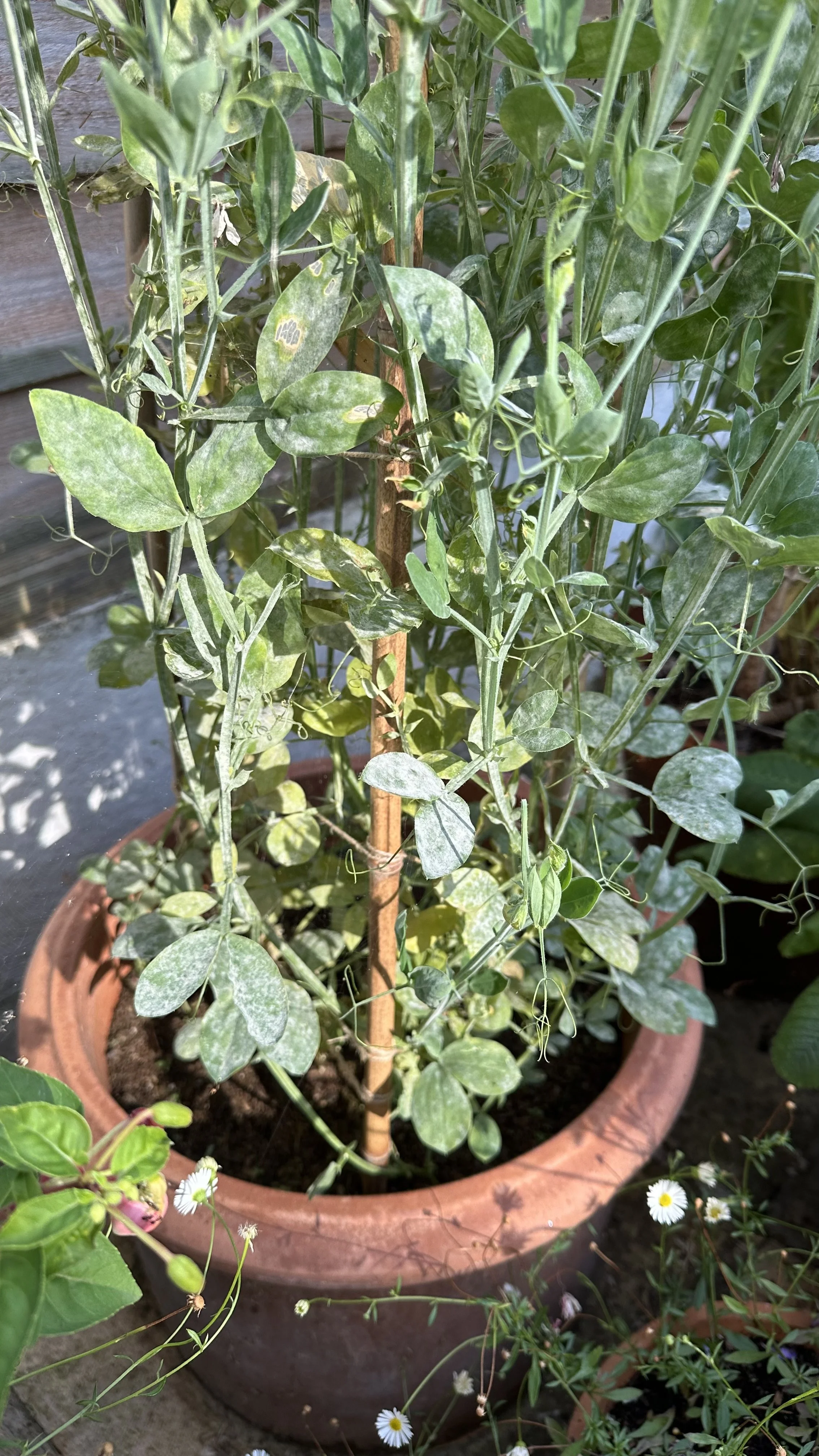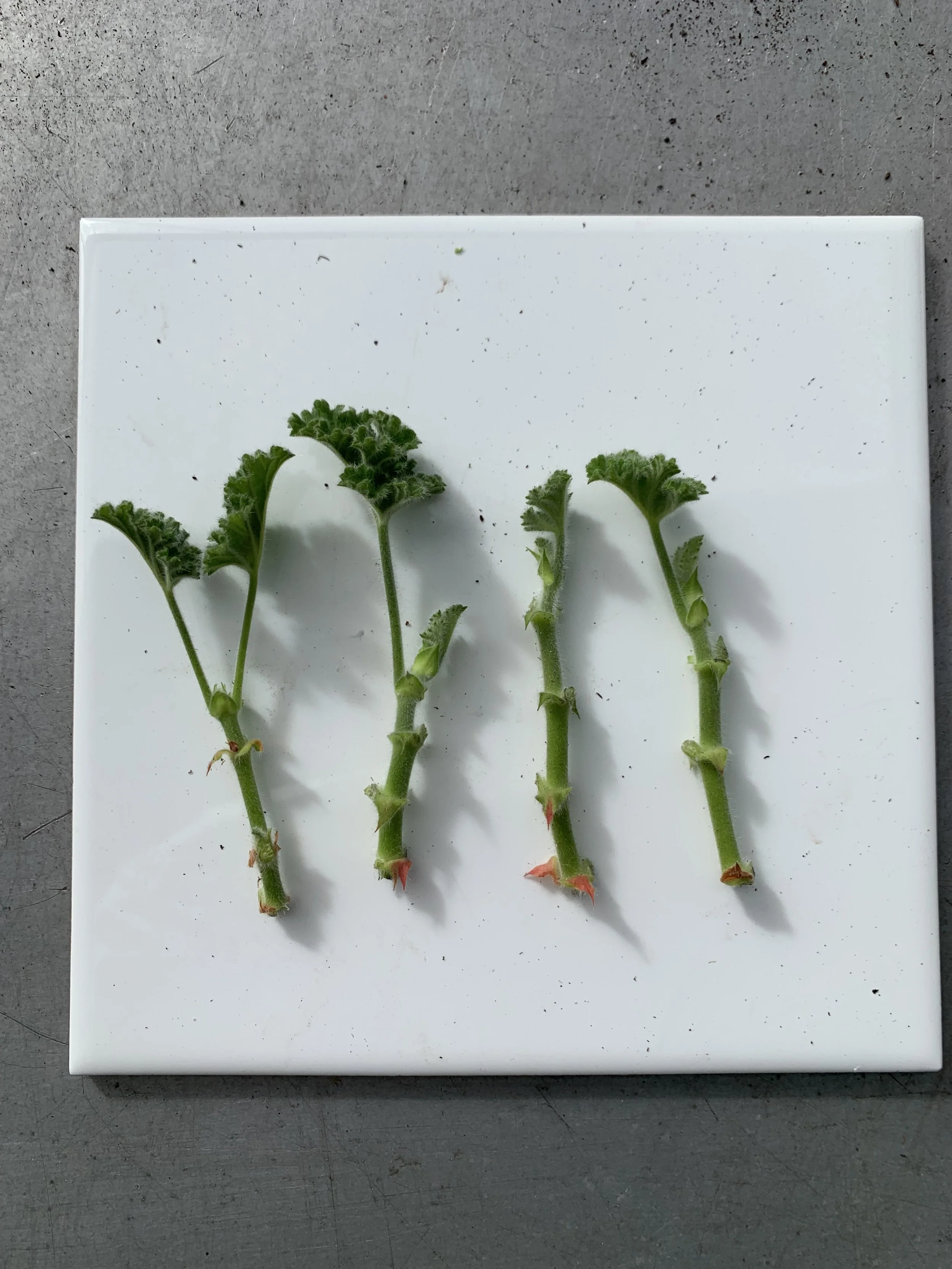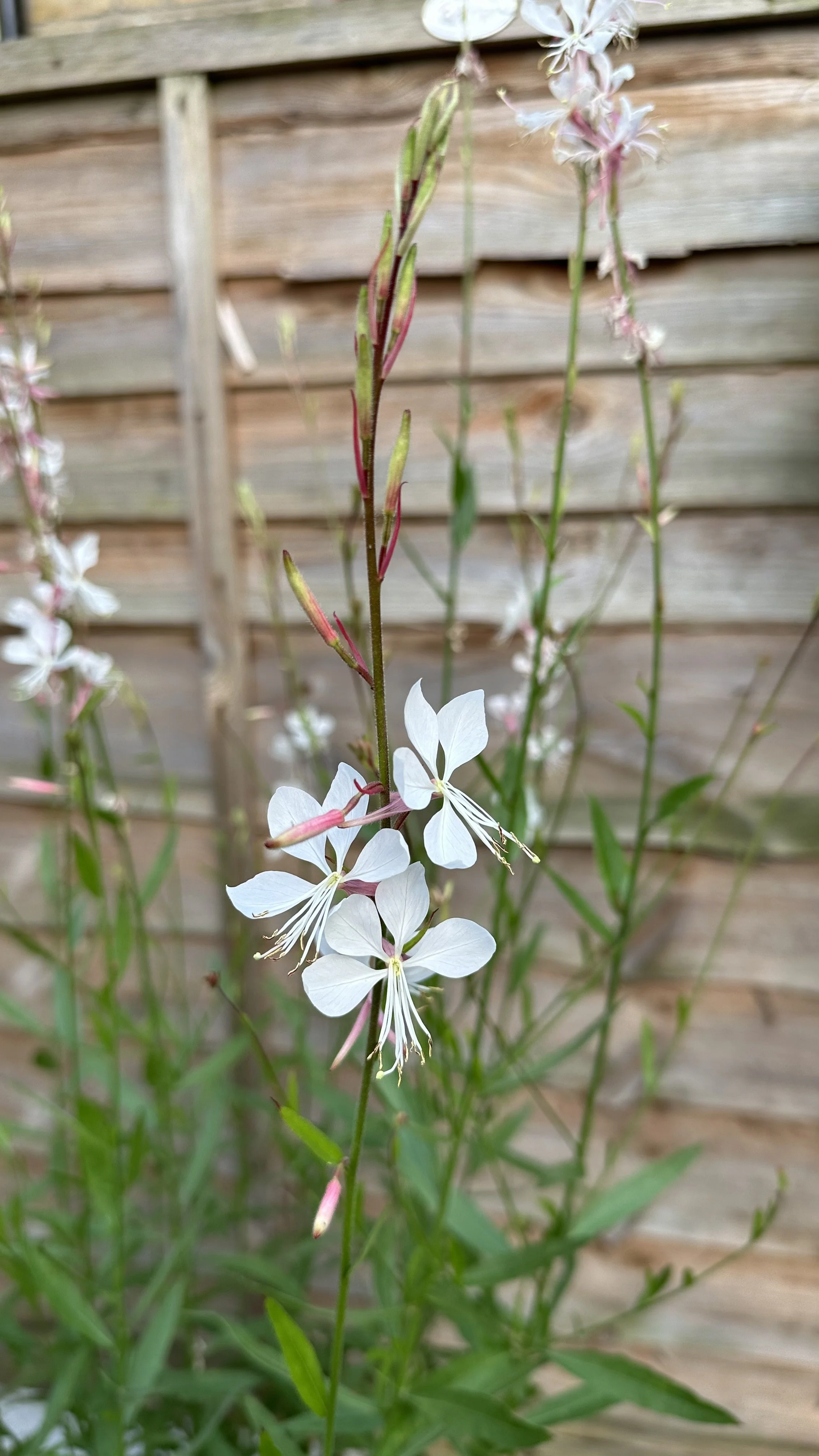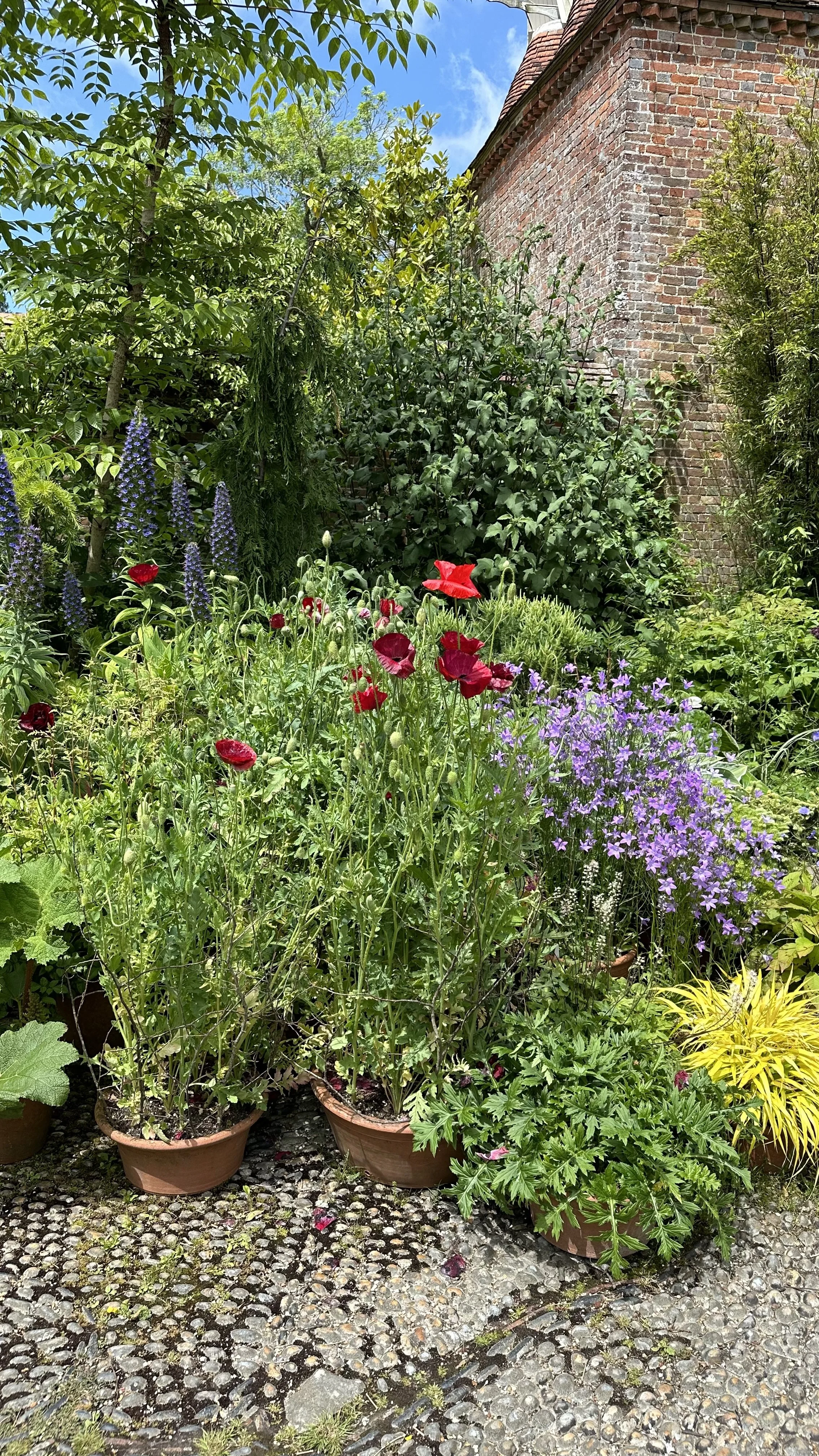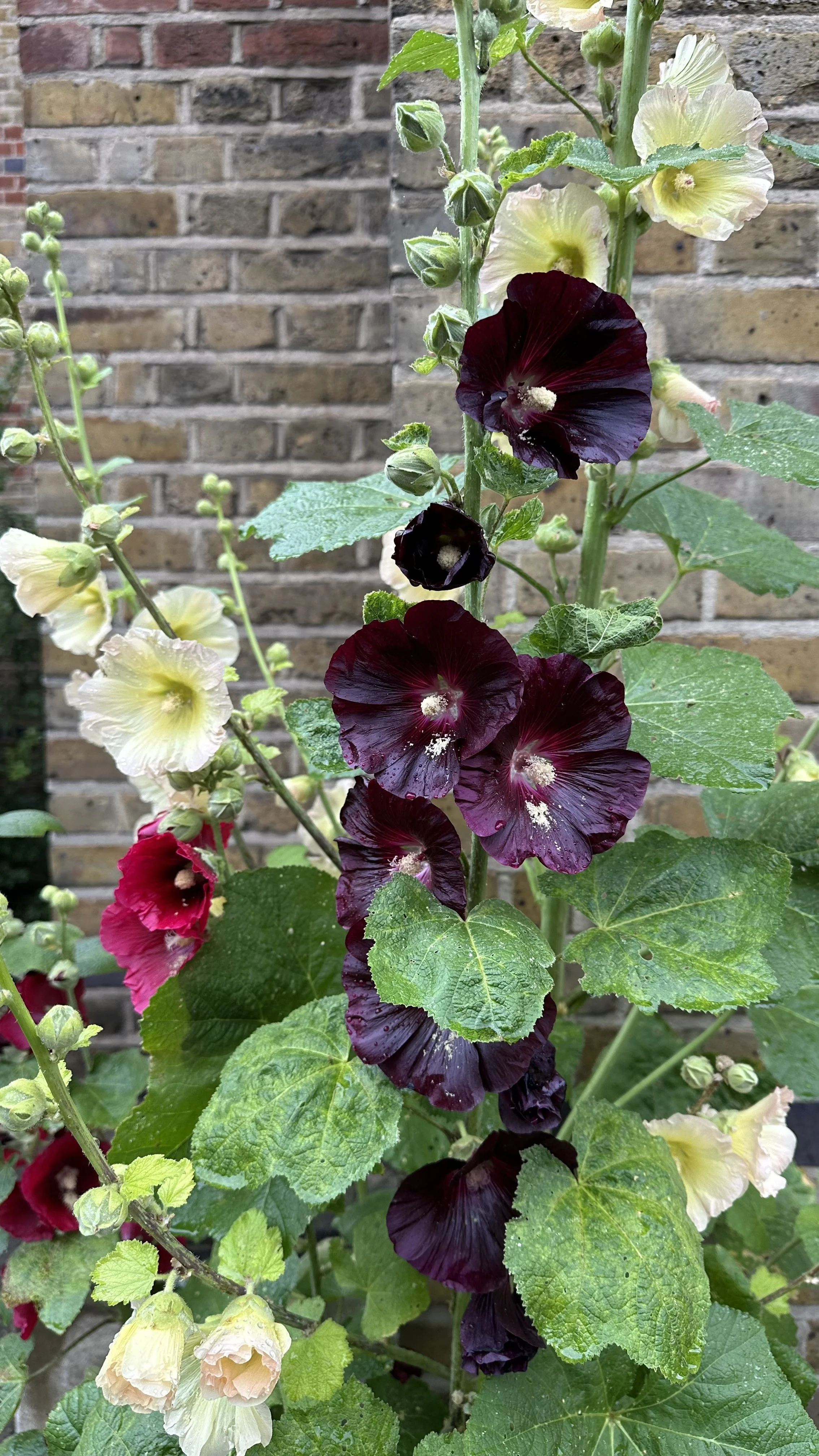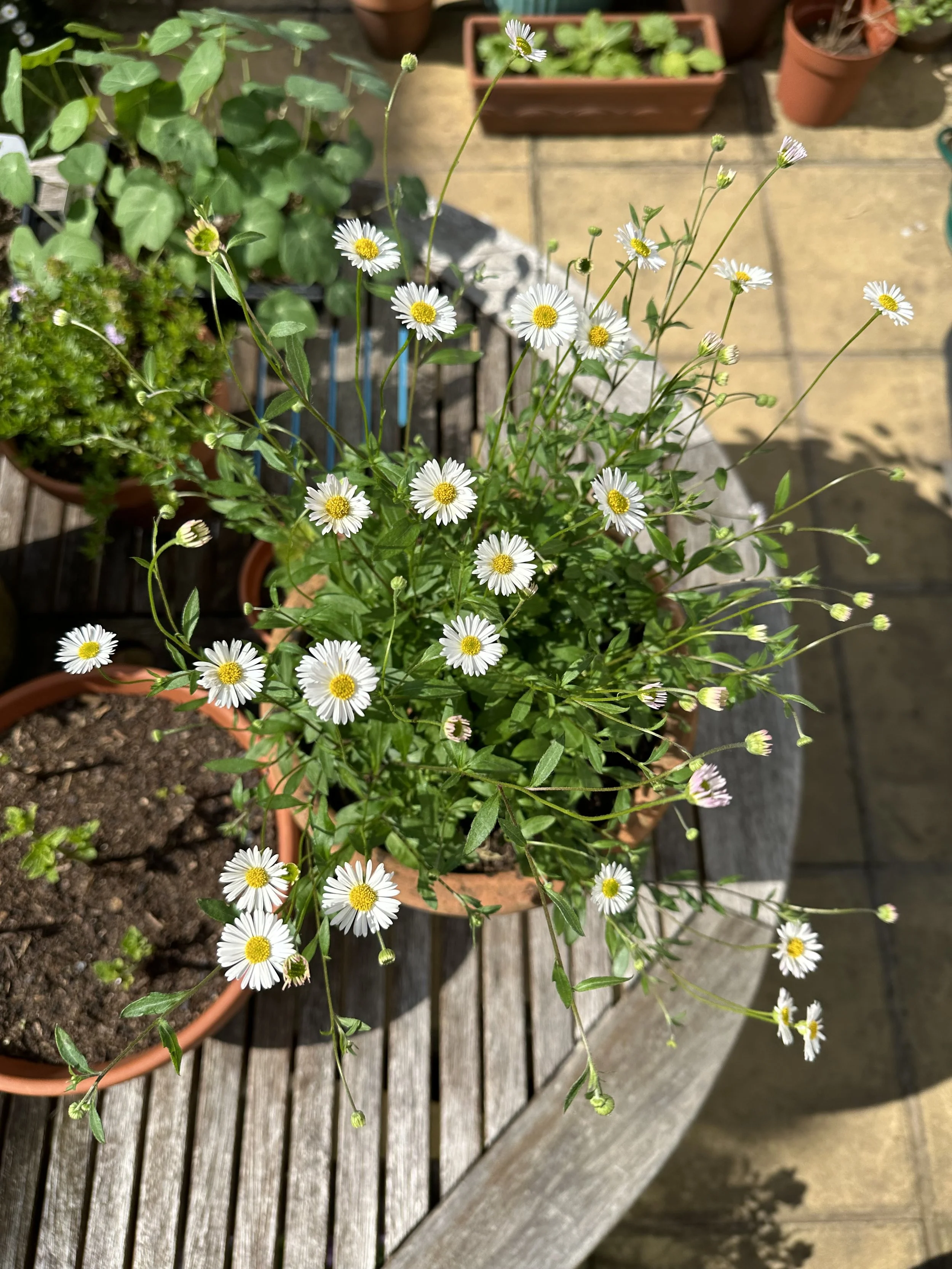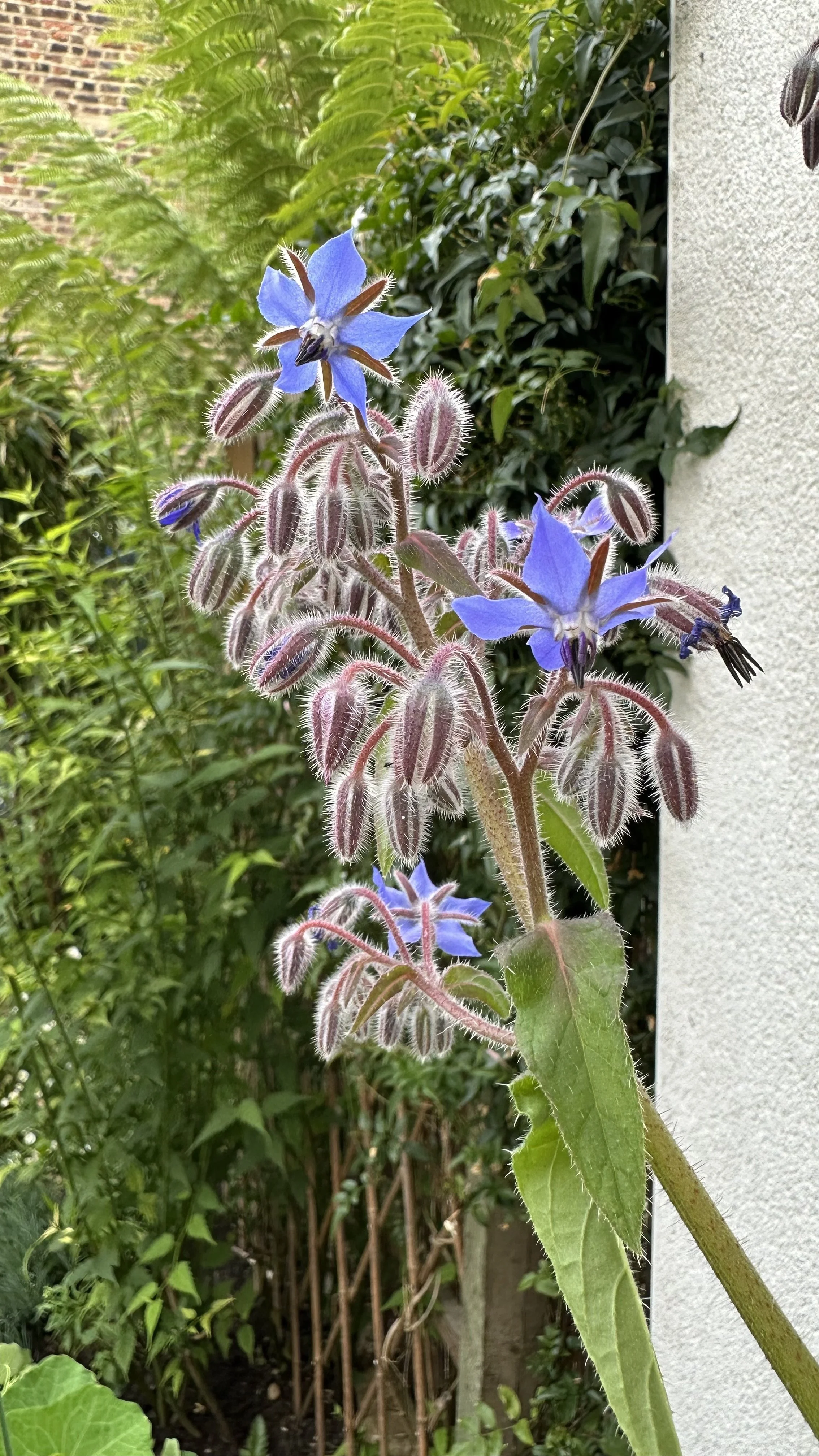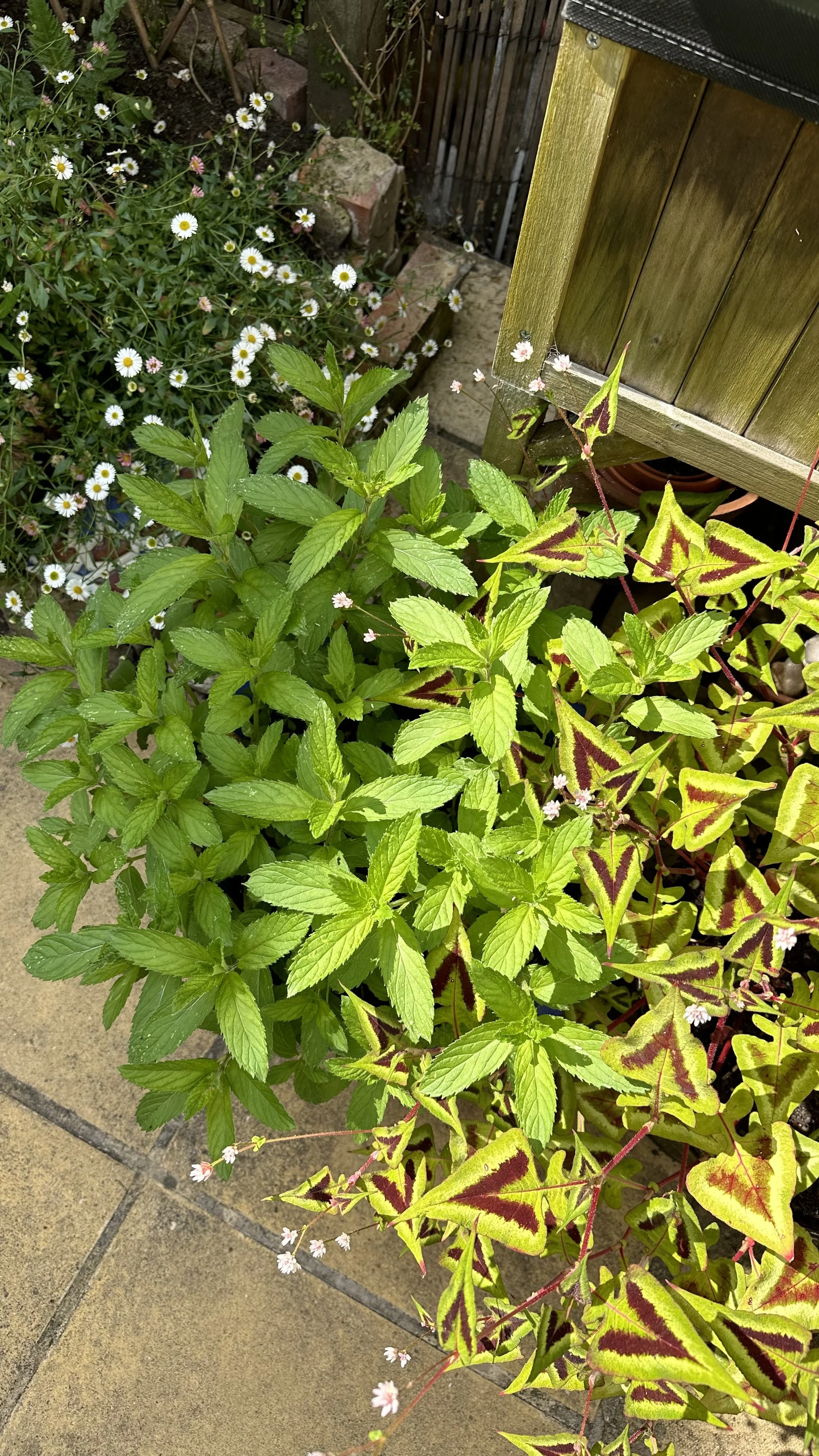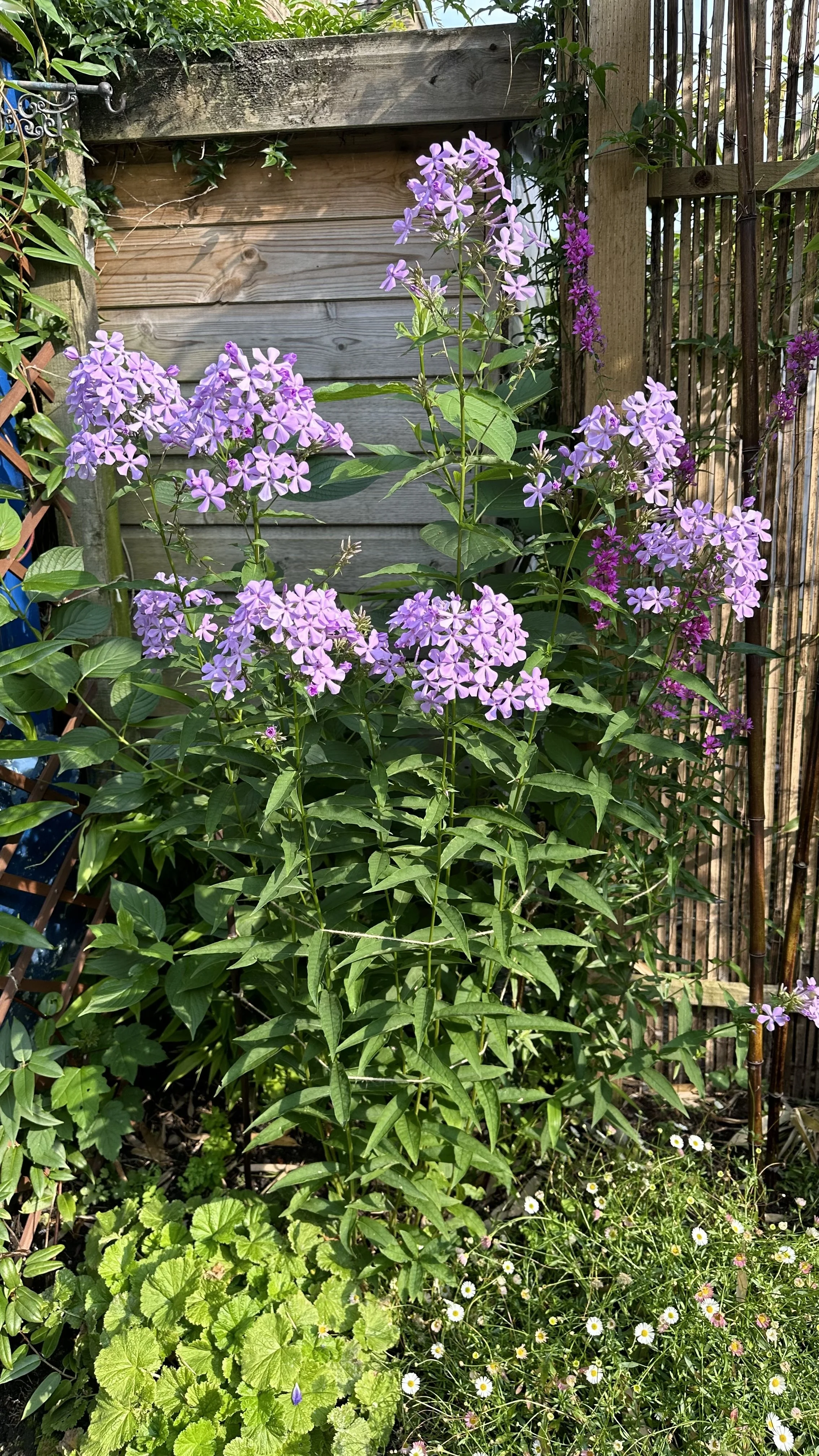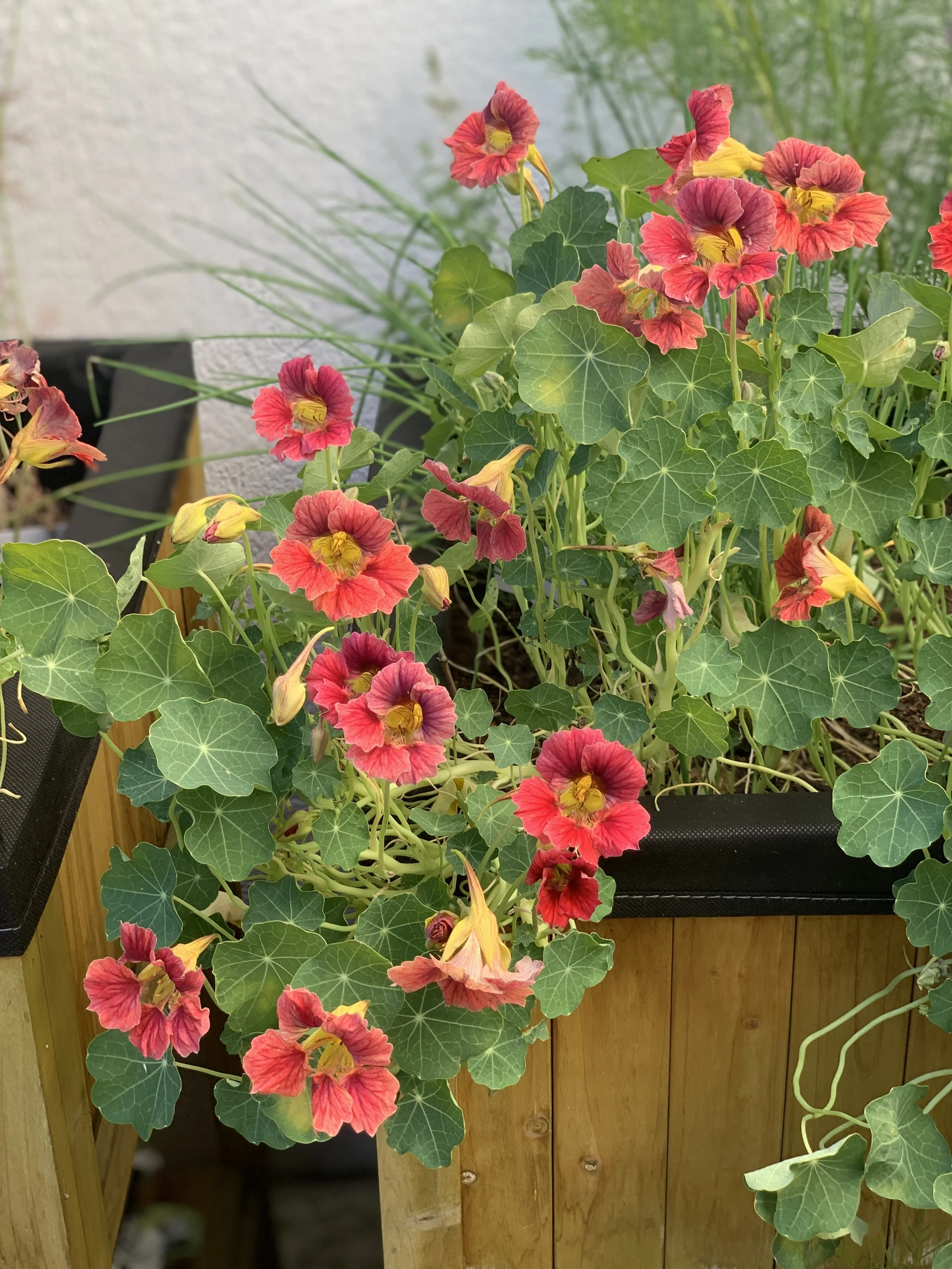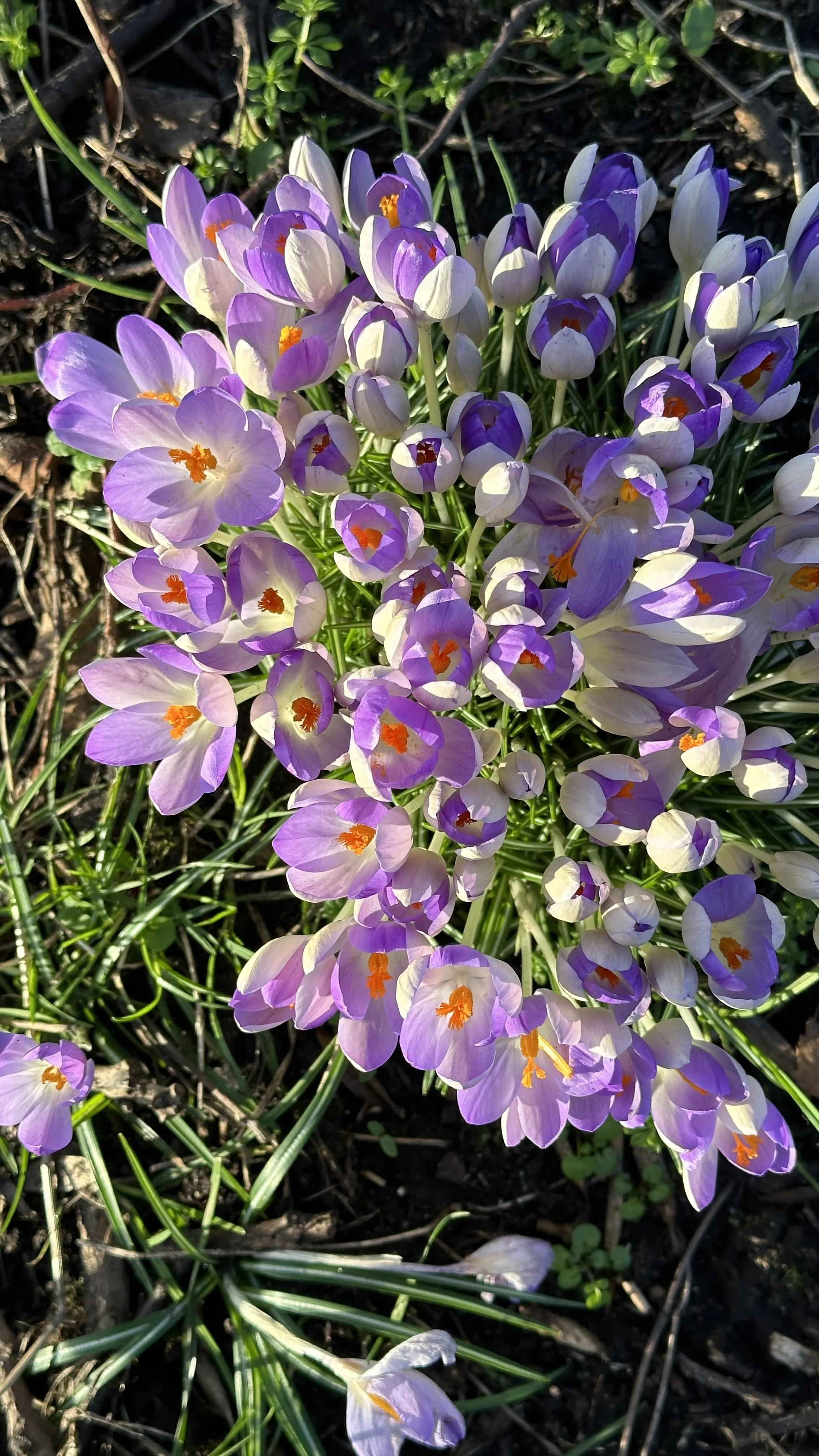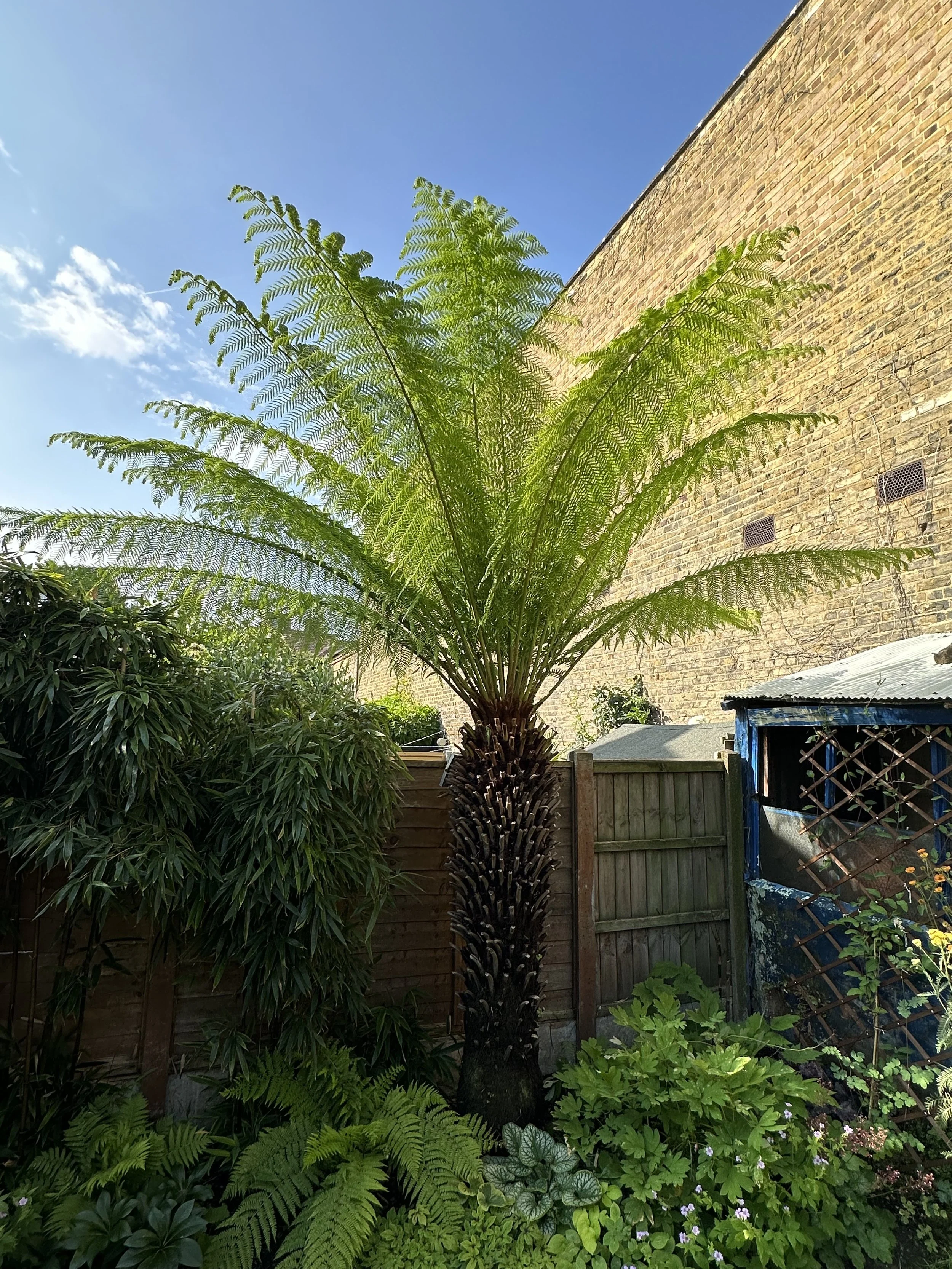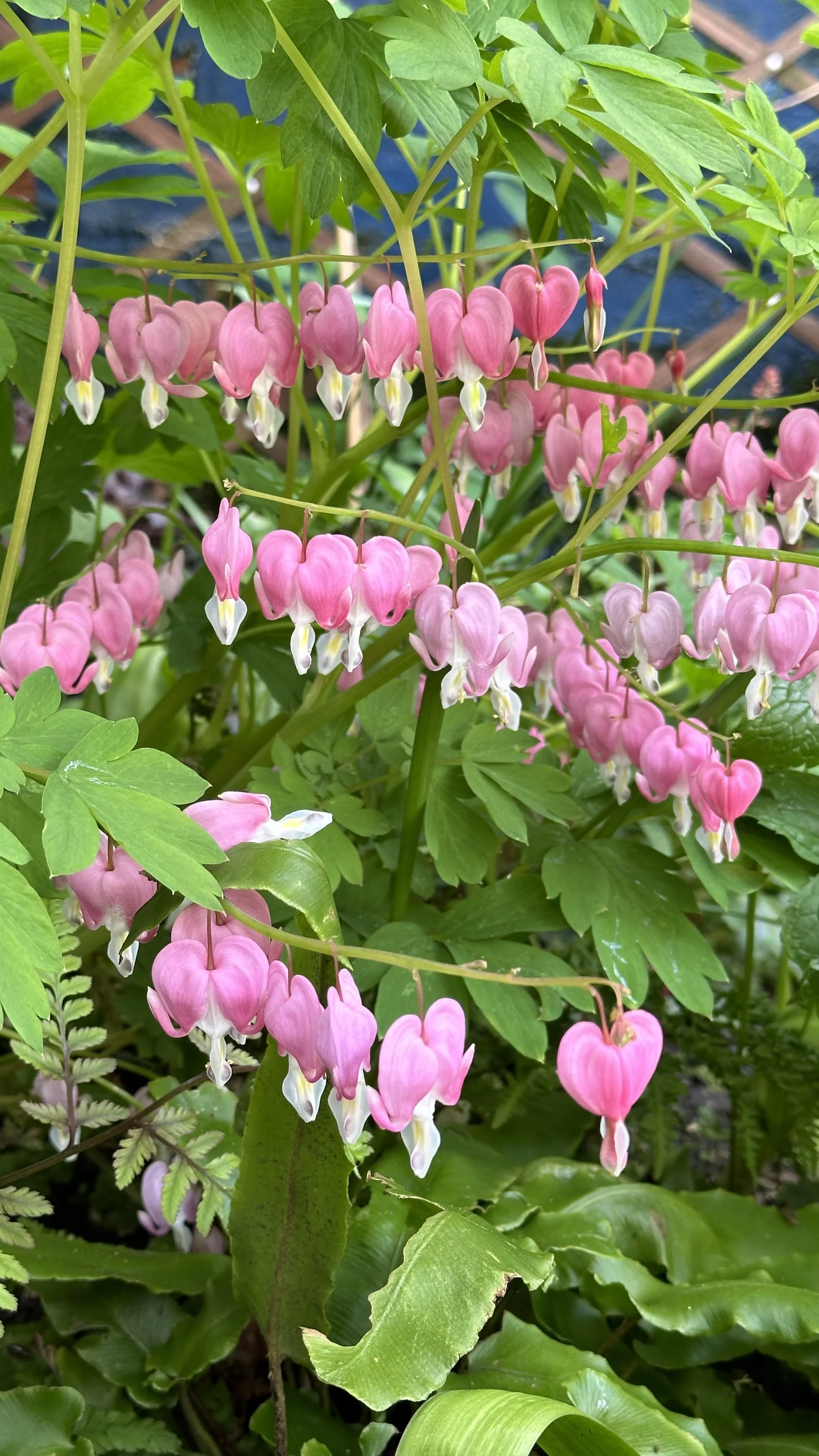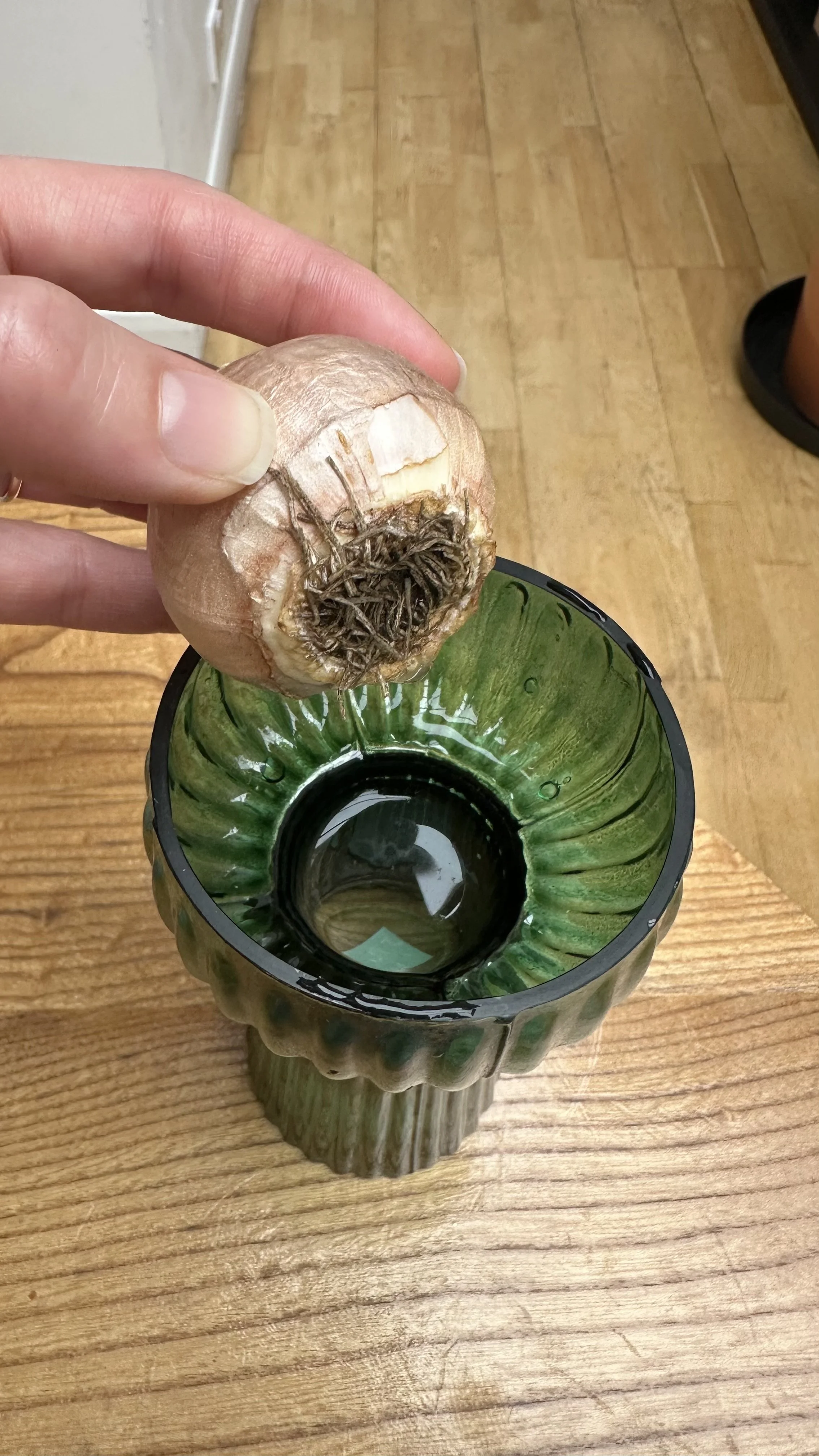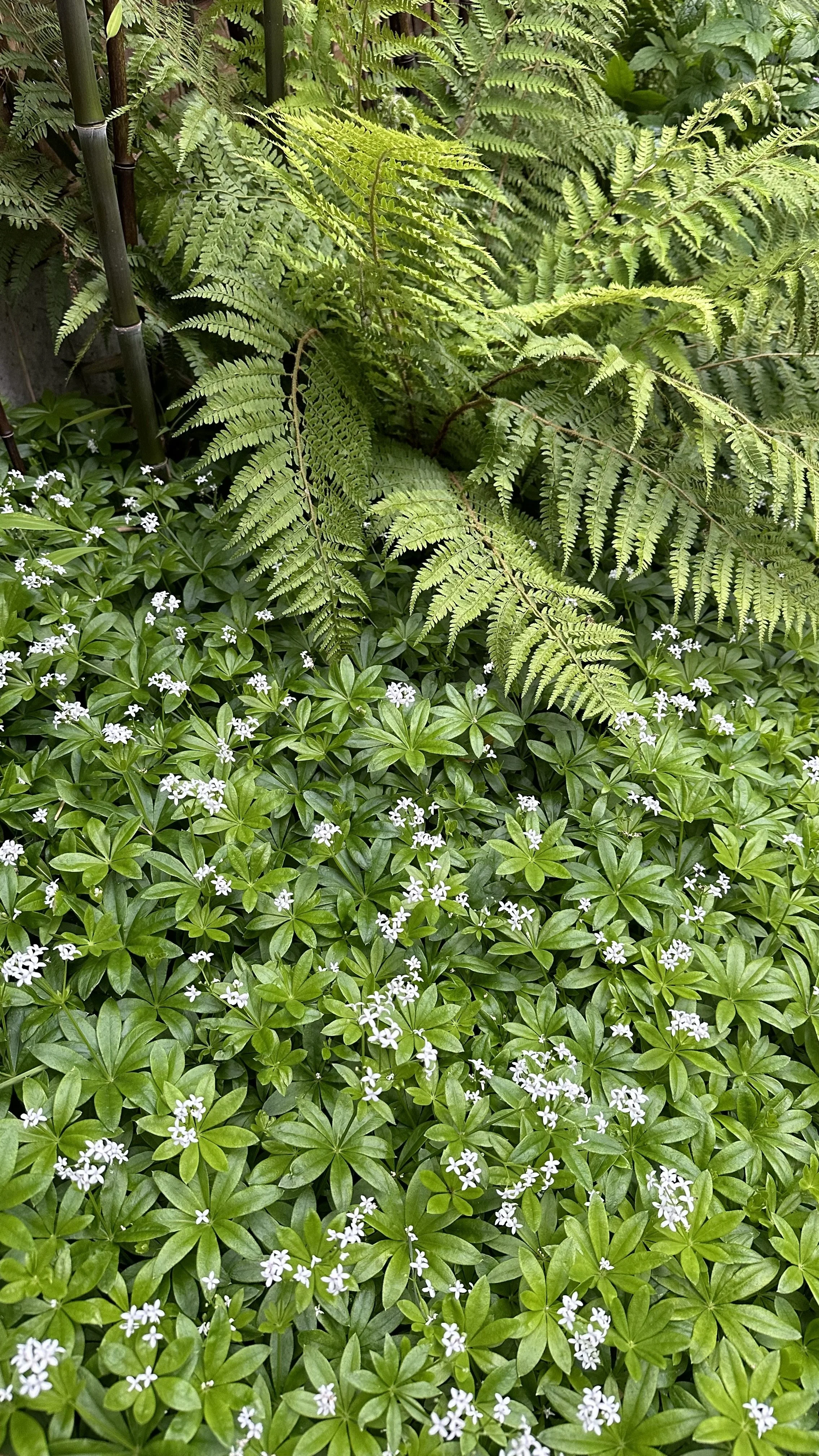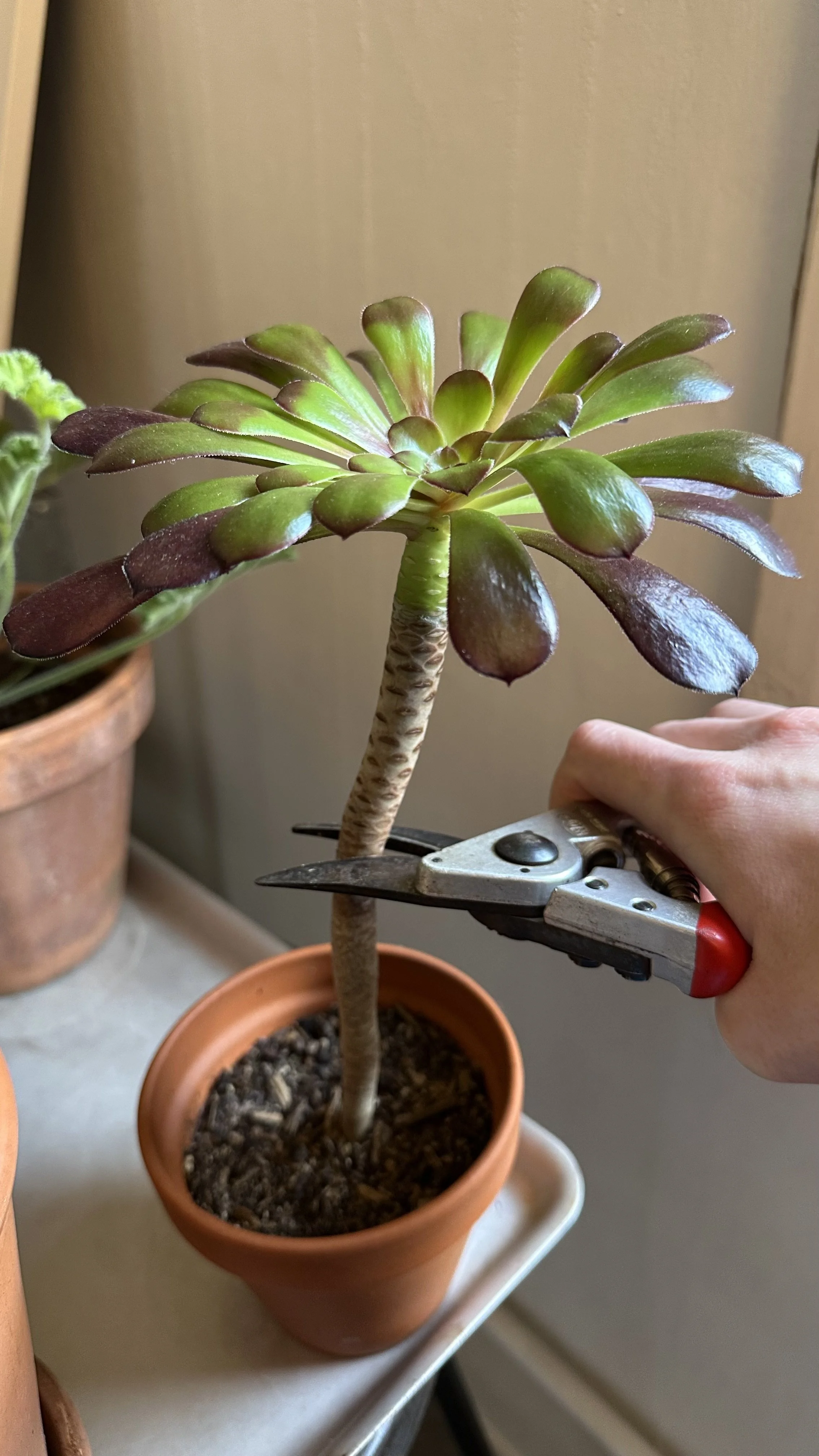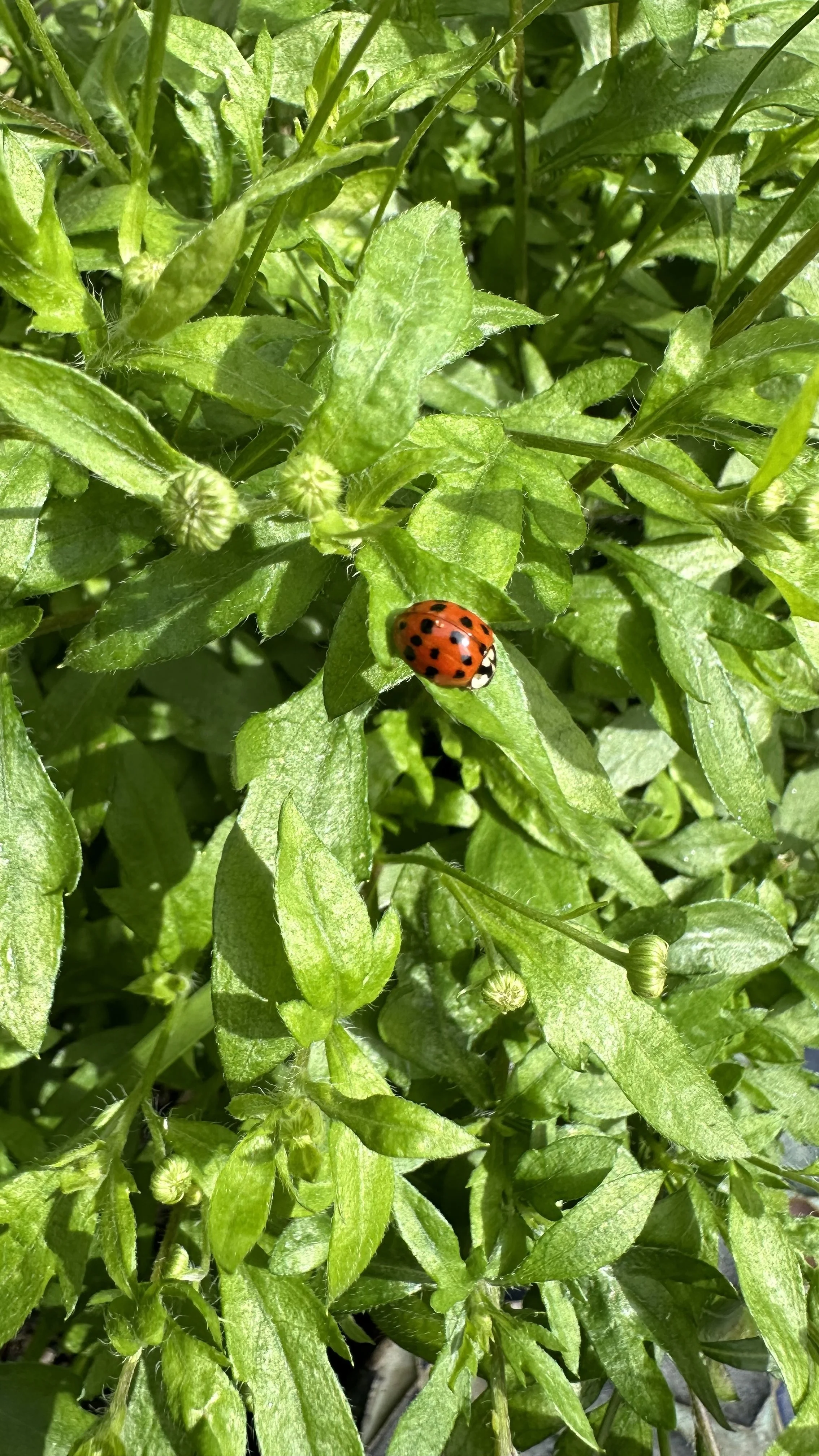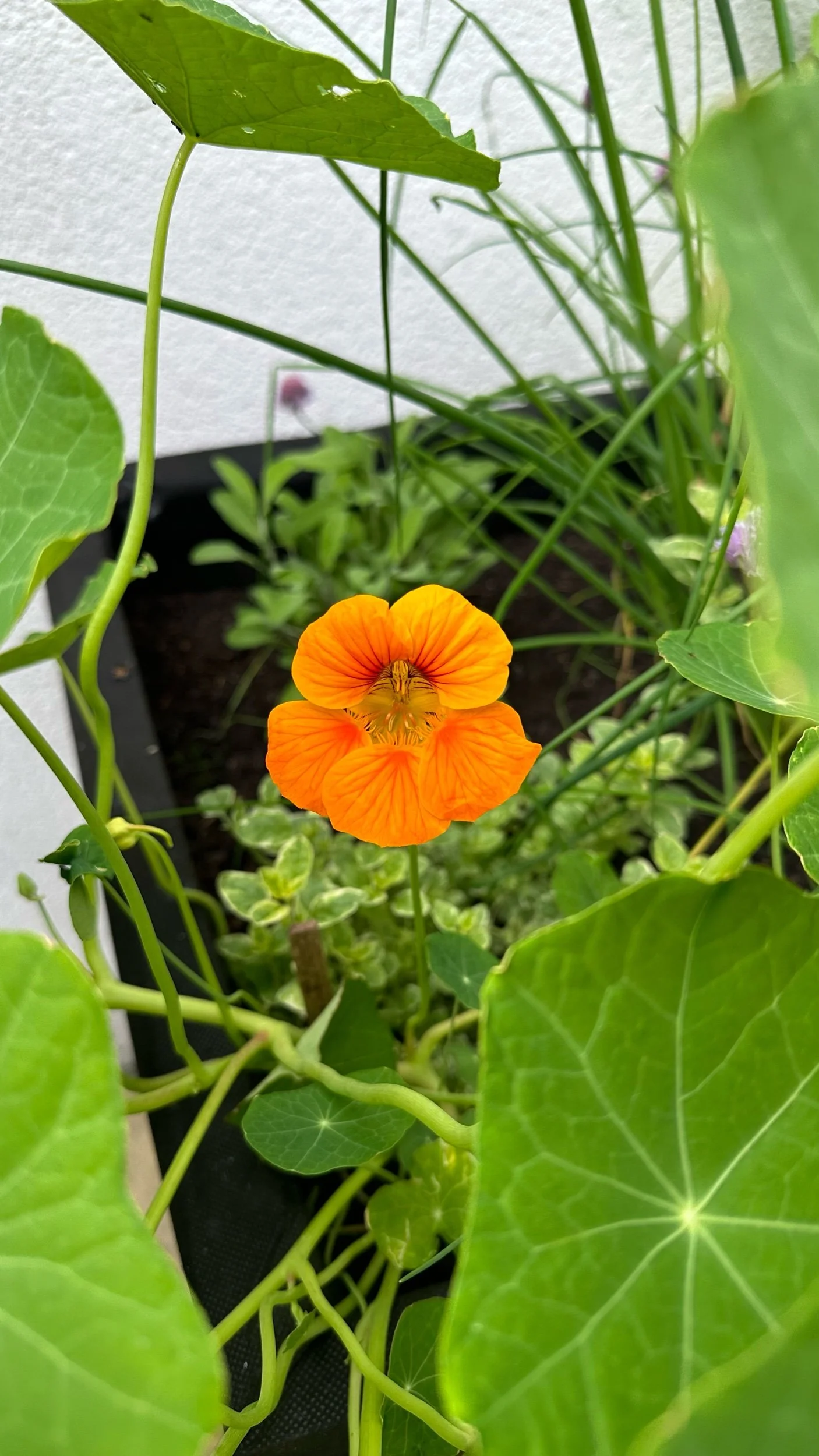How to Store Dried Herbs: Tips to Ensure they Last Longer
This article has links to products that I may make commission from.
Dried herbs are a great way to add flavor and aroma to your cooking, whether you're making a savory pasta dish or a sweet dessert.
Not only are they more convenient to use than fresh herbs, but they can also last for months if stored properly.
However, storing dried herbs can be tricky, and if not done correctly, they can lose their flavor and aroma over time.
In this post, I'll share some tips on how to store dried herbs to help you keep them fresh and flavorful for longer.
Whether you grow your own garden herbs or buy them from the store, these tips will help you get the most out of your dried herbs.
To learn more about herb gardening, check out my guides:
Choosing the Right Container
Importance of using airtight containers
Using airtight containers is crucial when storing dried herbs because they help to prevent moisture and air from getting in, which can cause the herbs to lose their flavor and aroma.
When exposed to air, dried herbs can also become stale and lose their potency.
Additionally, using airtight containers helps to keep insects and other pests away from your dried herbs.
Types of containers
There are a few different types of containers that you can use to store dried herbs.
Glass jars are a popular option because they are non-reactive and won't absorb any flavors or odors from the herbs.
Metal containers, such as tins, can also work well for storing dried herbs, but it's important to make sure they are lined with a food-grade coating to prevent any reactions between the metal and the herbs.
Plastic containers can be convenient and lightweight, but it's important to choose containers made of food-grade plastic to ensure that they won't affect the quality of your herbs.
Here are my favorite jars for storing dried herbs:
Avoiding containers made of porous materials
It's important to avoid using containers made of porous materials, such as wood or cardboard, to store dried herbs.
These materials can absorb moisture and odors, which can affect the quality of your herbs.
Instead, opt for non-porous materials like glass, metal, or plastic to ensure that your herbs stay fresh and flavorful.
Expand your herb garden with easy propagation. Check out my guides to learn how:
Propagate Oregano: How to Multiply Your Herbs
How to Propagate Basil Like a Pro
Keeping Dried Herbs Cool and Dry
Why heat and moisture are harmful to dried herbs
Heat and moisture are harmful to dried herbs because they can cause the herbs to lose their flavor and aroma.
Moisture can also lead to the growth of mold and bacteria, which can spoil the herbs and make them unsafe to use.
Heat can cause the essential oils in the herbs to evaporate, which can diminish their flavor and potency.
Best places to store herbs
The best places to store dried herbs are cool, dry, and dark places.
A pantry or cupboard is a good option, as long as it's not near the stove or any other heat sources.
You can also preserve herbs in a basement or a cool, dry closet.
It's important to keep the herbs away from direct sunlight, as this can also cause them to lose their flavor and aroma over time.
How to avoid storing dried herbs in humid areas
Humid areas can be a challenge for storing dried herbs, as the moisture in the air can cause the herbs to become damp and moldy.
To avoid storing dried herbs in humid areas, consider using a dehumidifier in the room where you store your herbs.
Finally, you can consider storing your dried herbs in the freezer, as long as they are stored in an airtight container to prevent freezer burn.
To learn more about starting an herb garden, check out my guide:
Labeling Your Containers
Importance of labeling dried herb containers
Labeling your dried herb containers is important for several reasons.
Firstly, it helps you to identify the herb easily, especially if you have multiple types of dried herbs stored.
Secondly, labeling ensures that you are using the right herb in the right recipe, avoiding any mix-ups that could affect the flavor of your dish.
Lastly, labeling helps you keep track of the shelf life of your dried herbs, as you can write the date you stored them on the label.
What information to include on the label
When labeling your dried herb containers, it's important to include the name of the herb, the date you stored it, and any other relevant information about the herb.
For example, you could include the origin of the herb or any specific usage instructions, such as whether it's best used for cooking or for making tea.
Including this information will help you to use your dried herbs in the most effective way possible, and ensure that you get the best flavor and aroma out of them.
Check out my guide:
Looking for more herb garden inspiration?
Avoiding Crushing Dried Herbs
How crushing affects the flavor and aroma of dried herbs
Crushing dried herbs can affect their flavor and aroma, as it can cause the essential oils in the herbs to be released.
This can be both a good and a bad thing, depending on how you plan to use the herbs.
For example, crushing dried herbs like thyme, rosemary, or oregano just before using them can help to release their flavor and aroma, making them more potent.
On the other hand, if you crush herbs like bay leaves or sage, their flavor can become bitter and overpowering.
Keeping dried herbs in whole leaf or stem form
Keeping dried herbs in their whole leaf or stem form can help to preserve their flavor and aroma for longer, as the essential oils are more protected within the leaves or stems.
This is especially true for herbs like bay leaves or sage, which can become bitter if crushed too much.
If you plan to use the herbs in a recipe that requires them to be crushed, you can crush them just before using them to ensure maximum flavor and aroma.
How to crush herbs just before using them
To crush herbs just before using them, you can use a mortar and pestle or a spice grinder.
Simply place the herbs in the mortar or grinder and gently crush them until they are the desired consistency.
It's important not to over-crush the herbs, as this can cause them to become bitter and overpowering.
If you don't have a mortar and pestle or a spice grinder, you can also place the herbs in a plastic bag and crush them gently with a rolling pin or the flat side of a meat mallet.
For more herb gardening tips, check out my guides:
How to Take Lavender Cuttings: A Step-by-step Guide
Refreshing Dried Herbs Over Time
How dried herbs lose flavor over time
Dried herbs lose their flavor over time because the essential oils that give them their flavor and aroma start to evaporate.
This process is accelerated by exposure to heat, light, and air, so it's important to store your dried herbs in cool, dark, and airtight containers to help preserve their flavor for as long as possible.
How to refresh dry herbs
If your dried herbs have lost some of their flavor and aroma, you can try refreshing them by gently crushing the leaves or stems to release their essential oils.
You can also try heating the herbs in a dry skillet or in the oven at a low temperature for a few minutes to help release their flavor.
Another option is to add a few fresh herbs to your dried herbs to help boost their flavor.
When to discard dried herbs that have lost their flavor
It's generally a good idea to discard dried herbs that have lost their flavor, as they won't add much to your food in terms of flavor or aroma.
As a general rule, dried herbs should be used within a year of being dried, but this can vary depending on the herb and how it's stored.
If your dried herbs no longer have much of a scent or flavor, it's probably time to replace them with fresh herbs or a new batch of dried herbs.
For more herb growing tips, check out my guide:
How long to Dried Herbs Last?
The shelf life of dried herbs can vary depending on a few factors such as the type of herb, how it was dried and stored, and whether it was properly handled during the drying process.
In general, properly stored dried herbs can last longer, anywhere from 6 months to 2 years or even longer.
To ensure that your dried herbs last as long as possible, it's important to store them in a cool, dry place away from direct sunlight, preferably in airtight containers such as glass jars.
It's also a good idea to label your containers with the date that the herbs were dried or purchased, so you can keep track of how long they've been stored.
Over time, the flavor and potency of dried herbs may diminish, so it's a good idea to periodically check your herbs and replace any that have lost their flavor or aroma.
Should you keep dired herbs in the fridge?
It's generally not necessary to keep dried herbs in the fridge, as long as they are stored properly in a cool, dry place away from direct sunlight.
Storing them in the fridge can actually introduce moisture and compromise the quality and flavor of the herbs.
Airtight containers, such as glass jars or plastic bags, are good options for storing dried herbs.
Just make sure to label them with the name of the herb and the date they were stored to keep track of their shelf life. Store fresh herbs in the fridge.
Drying herbs and storing them properly can help you to preserve their flavor and aroma for as long as possible.
To recap, it's important to use airtight containers made of non-porous materials like glass or metal, store your herbs in a cool, dry, and dark place, and avoid crushing your herbs until just before using them.
If your herbs have lost their flavor, you can try refreshing them by gently crushing them or adding fresh herbs to the mix.
Using dried herbs in your cooking can be a convenient and flavorful way to add depth to your dishes.
Not only are they often more economical and longer-lasting than fresh herbs, but they can also provide a wider range of flavors and aromas.
With the right storage techniques, you'll be sure to enjoy the full flavor and aroma of your herbs every time you use them.
